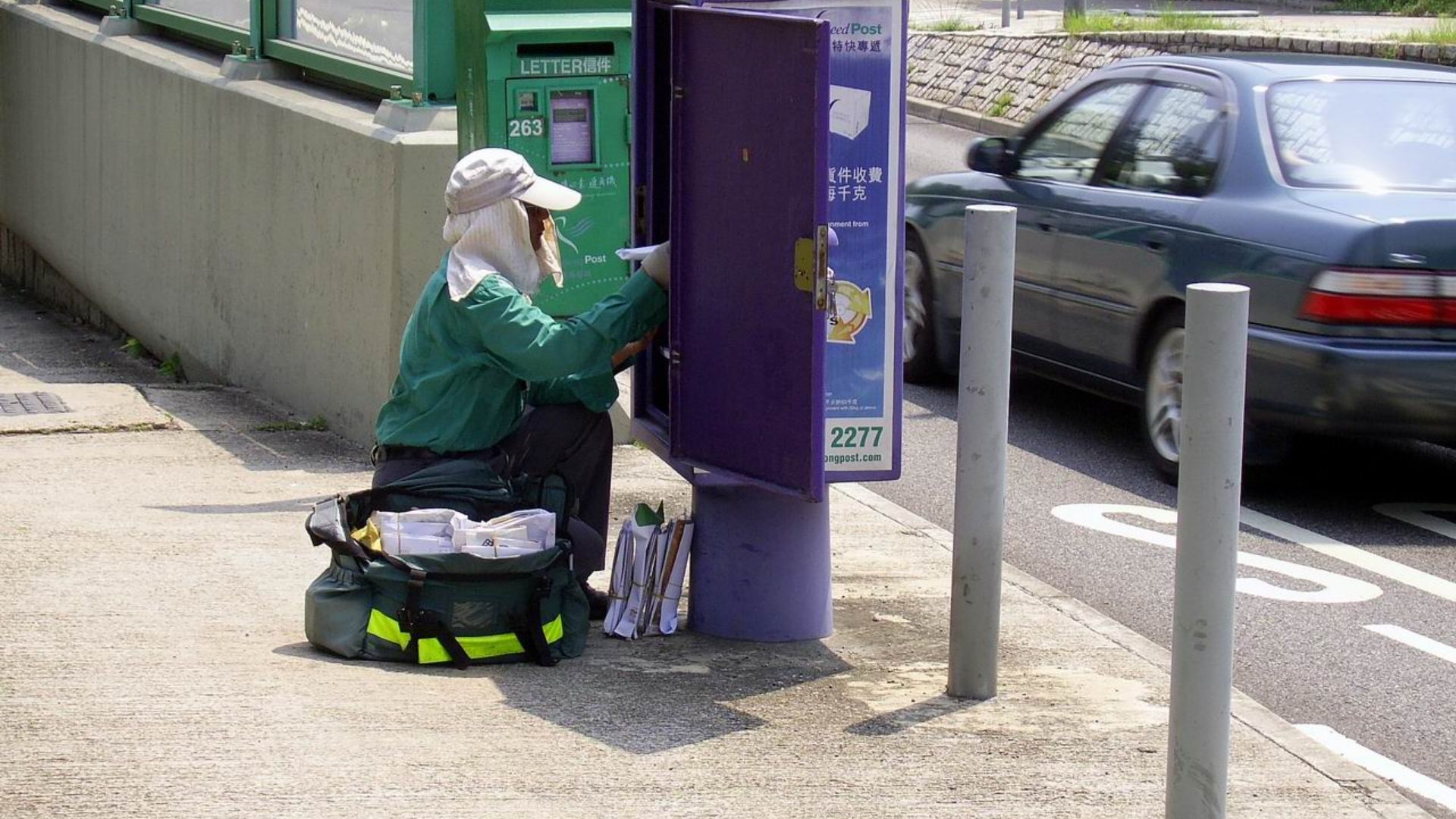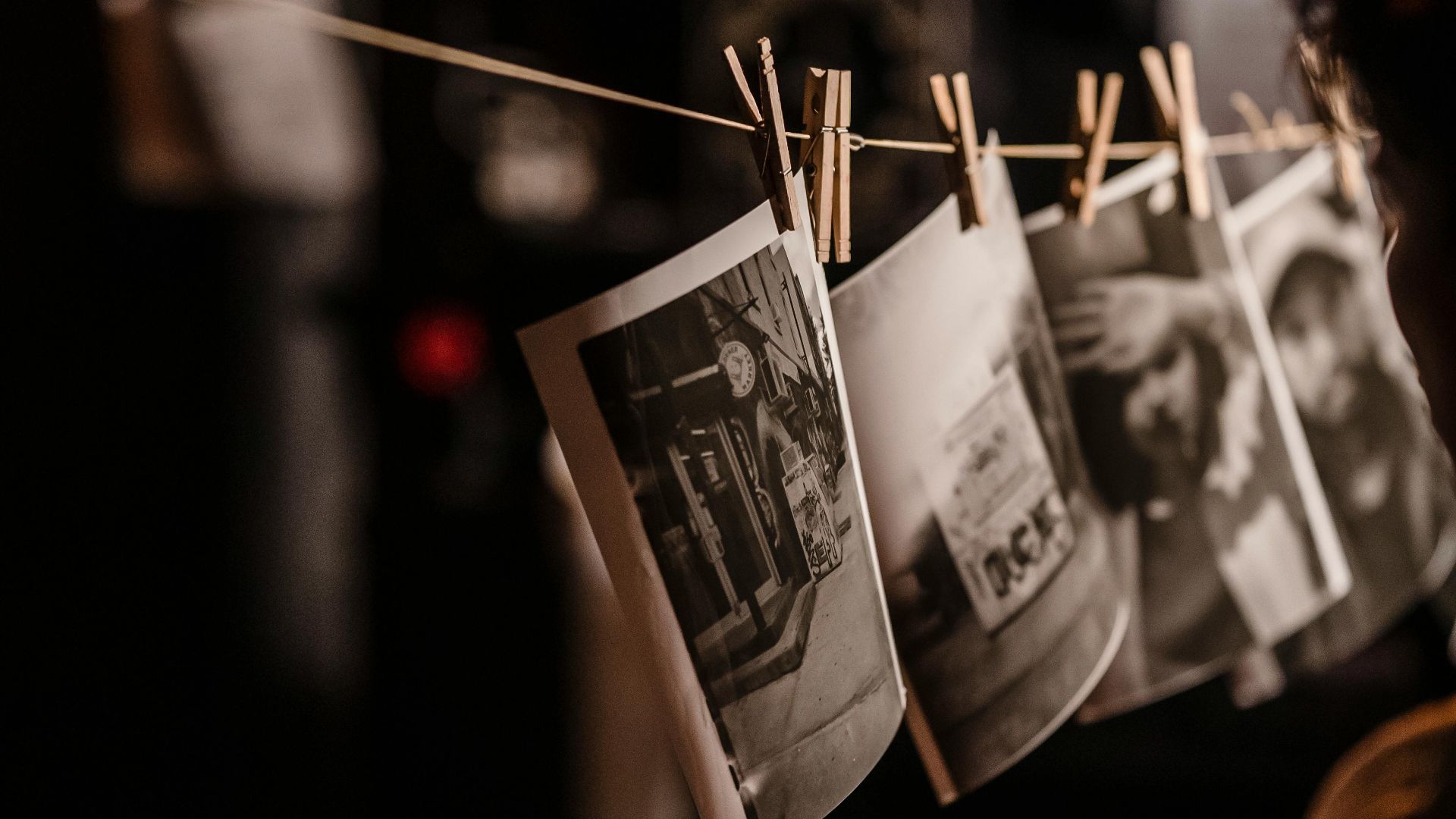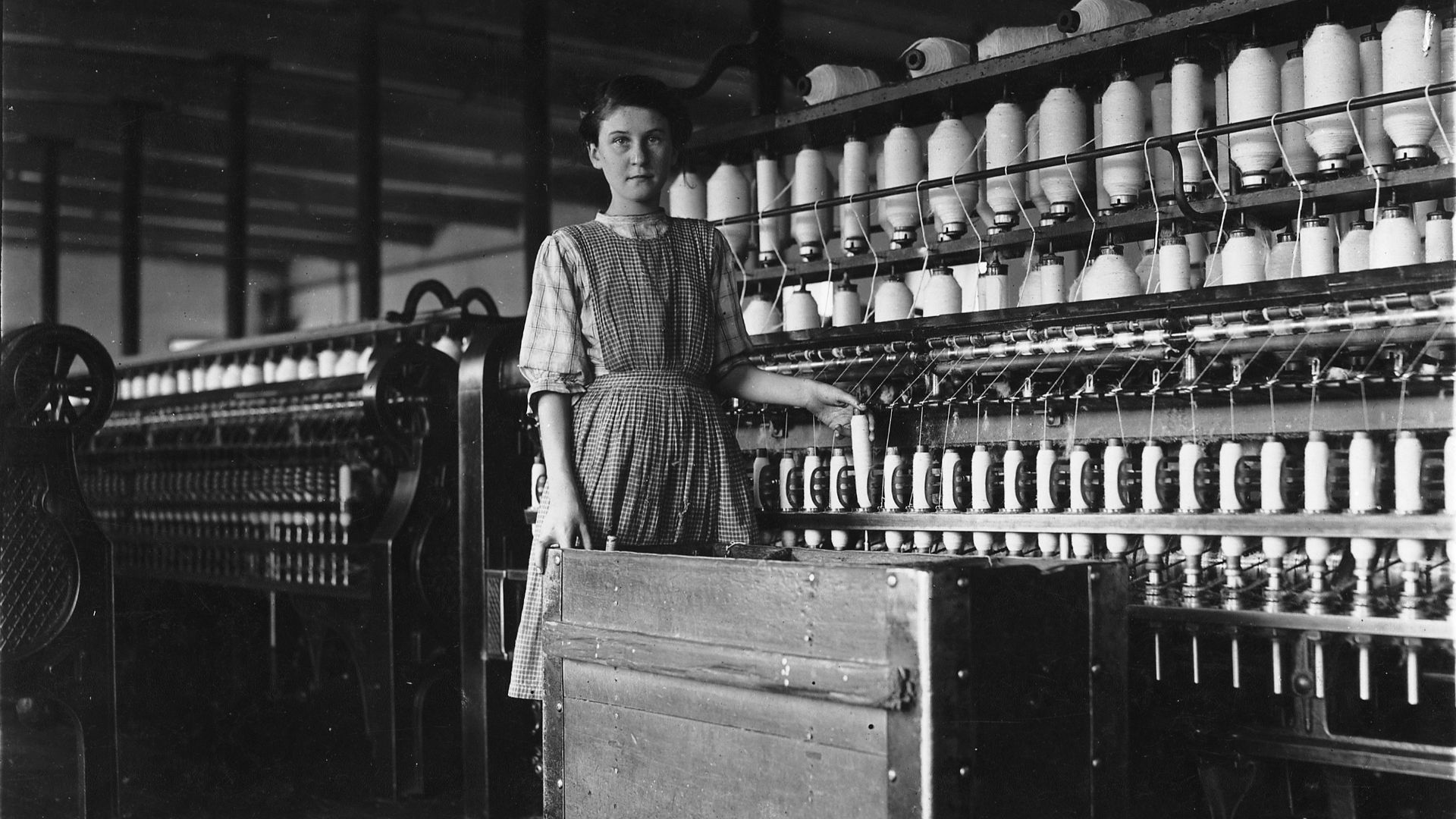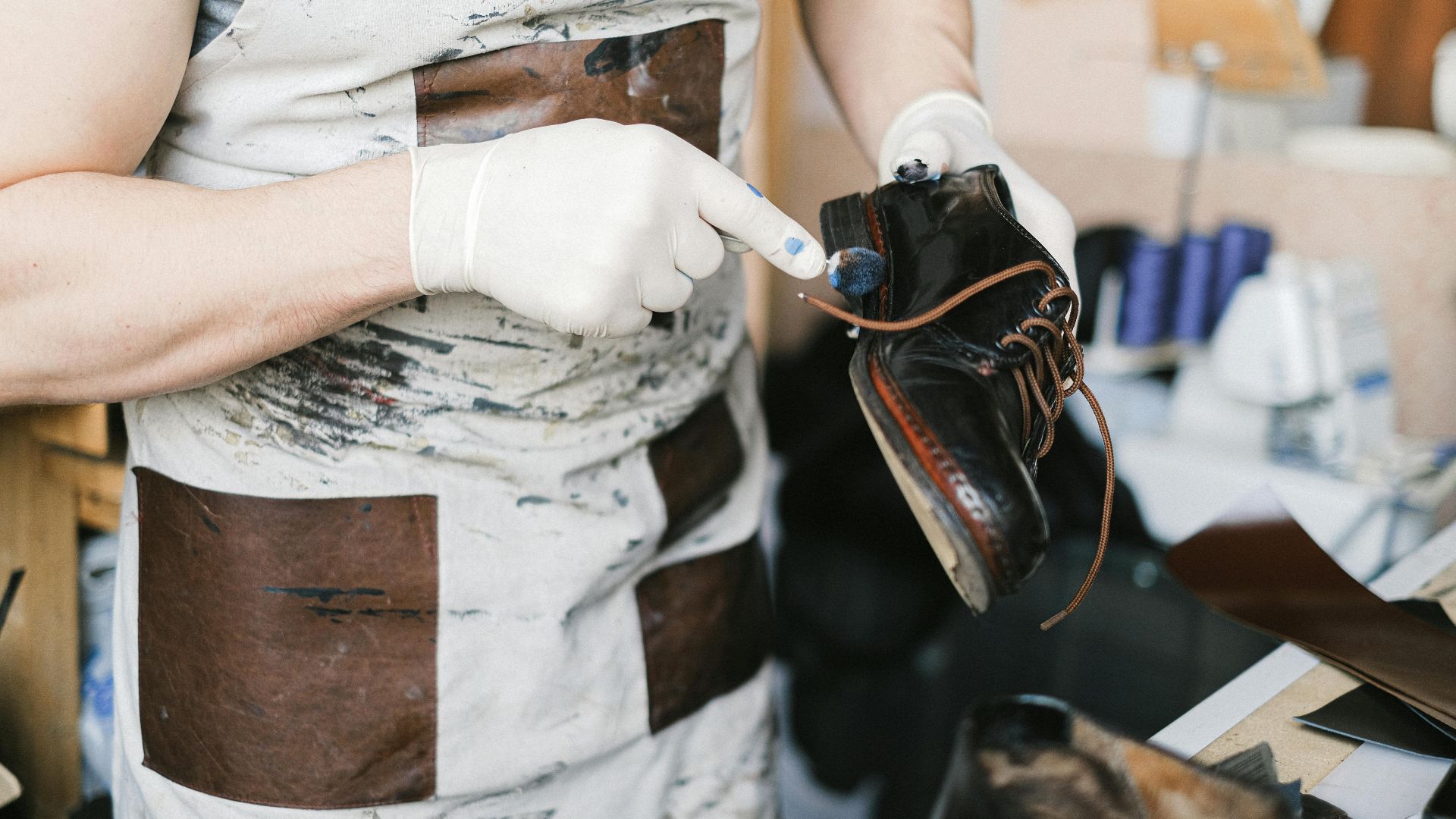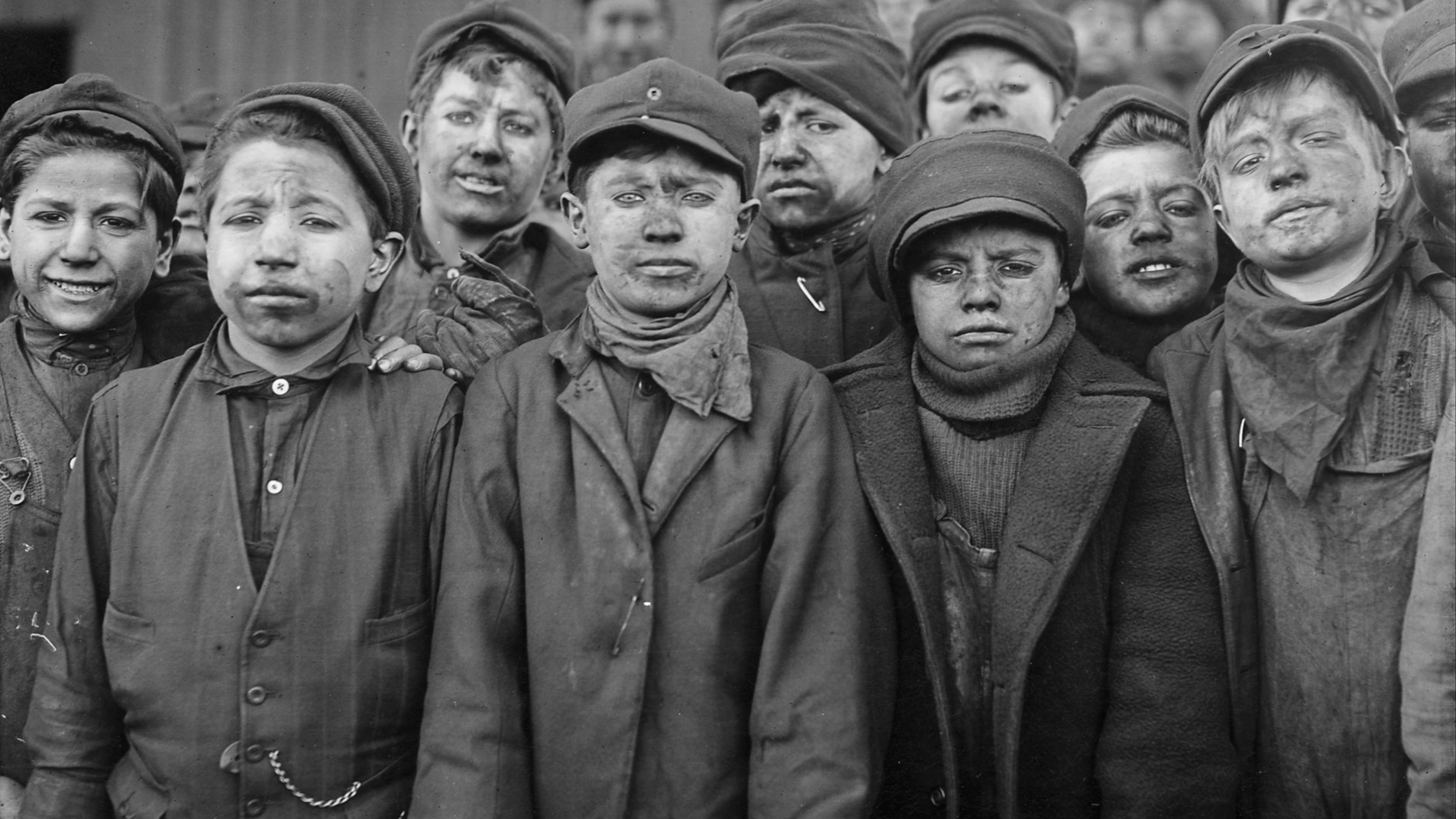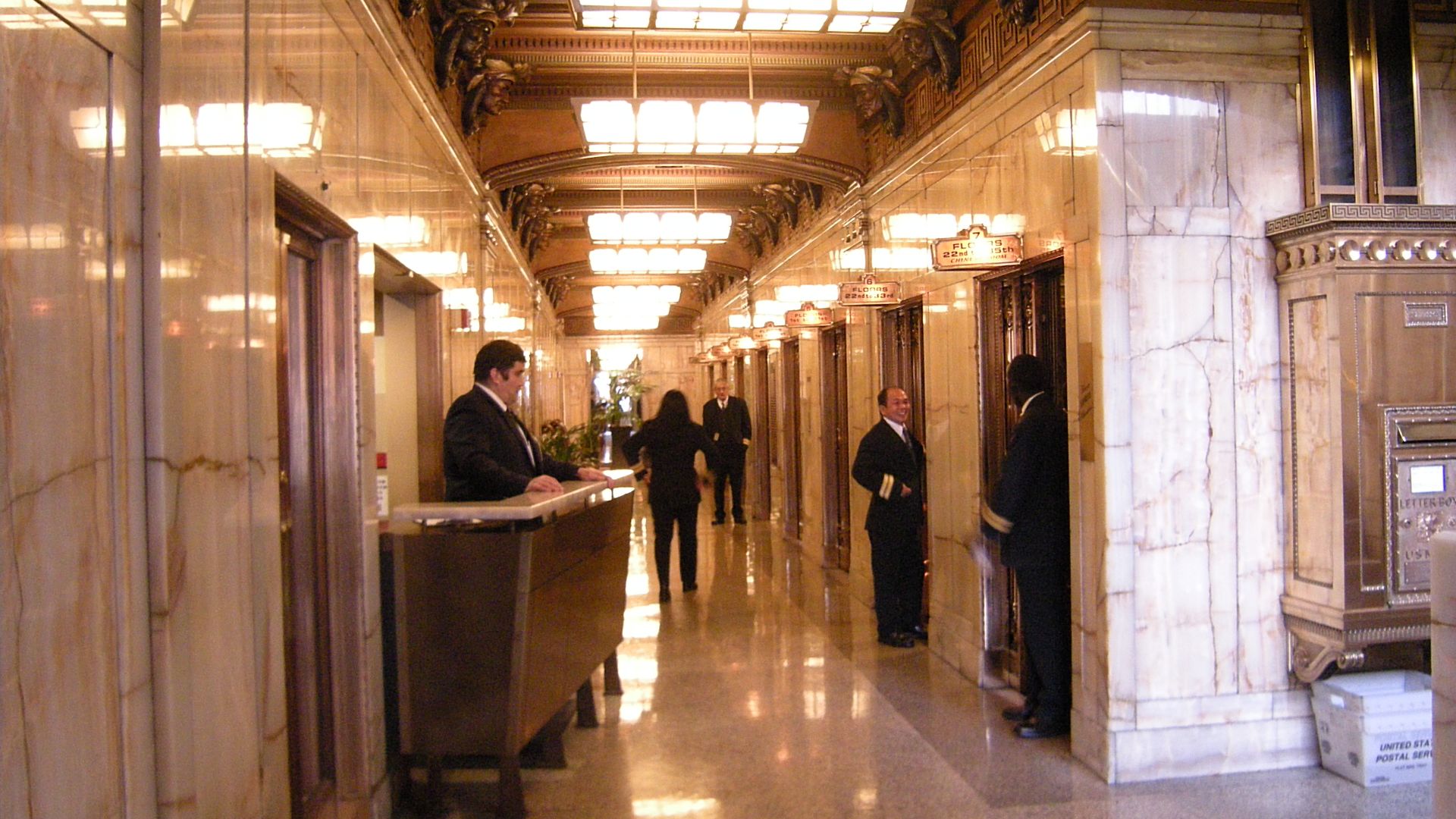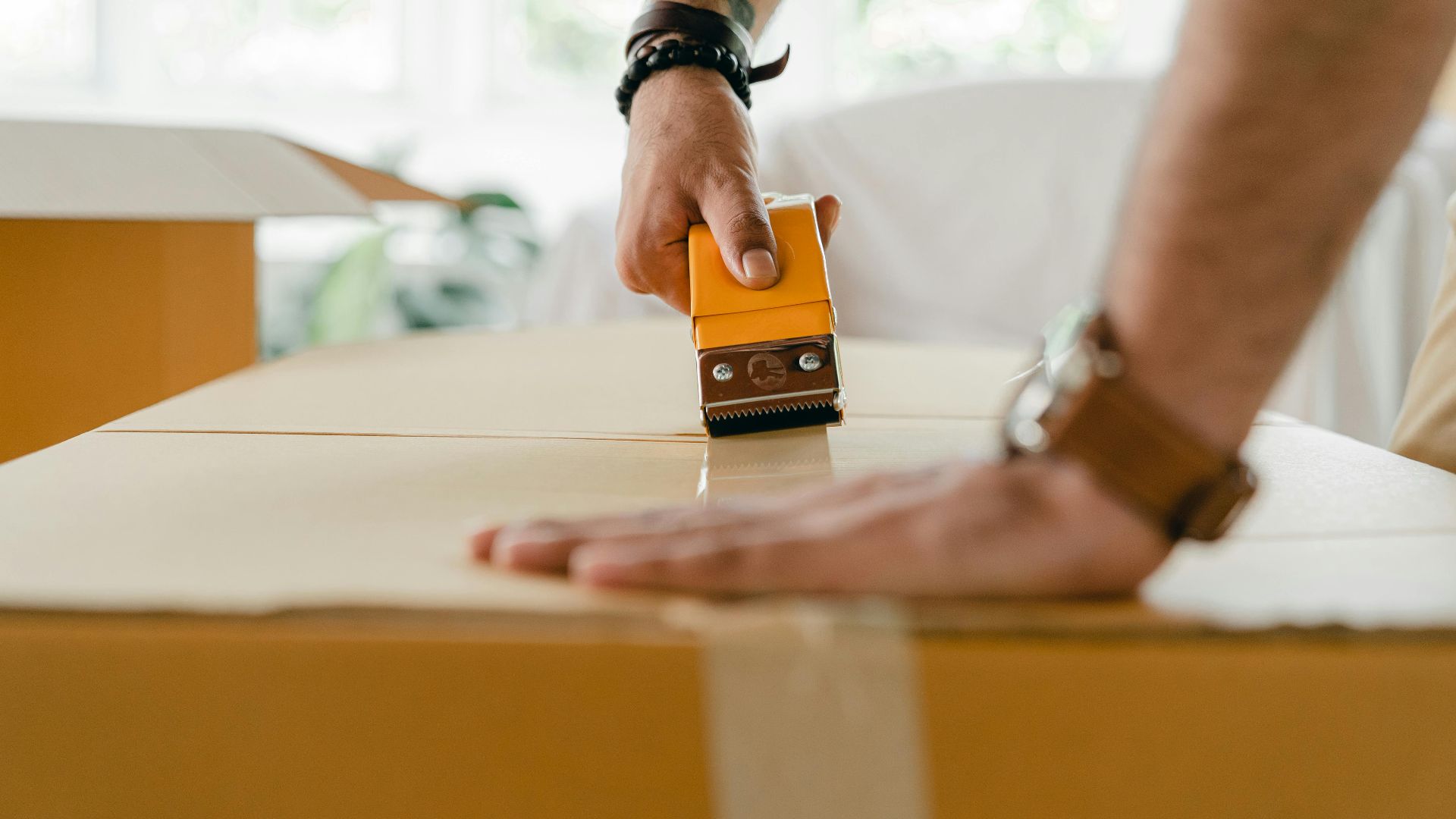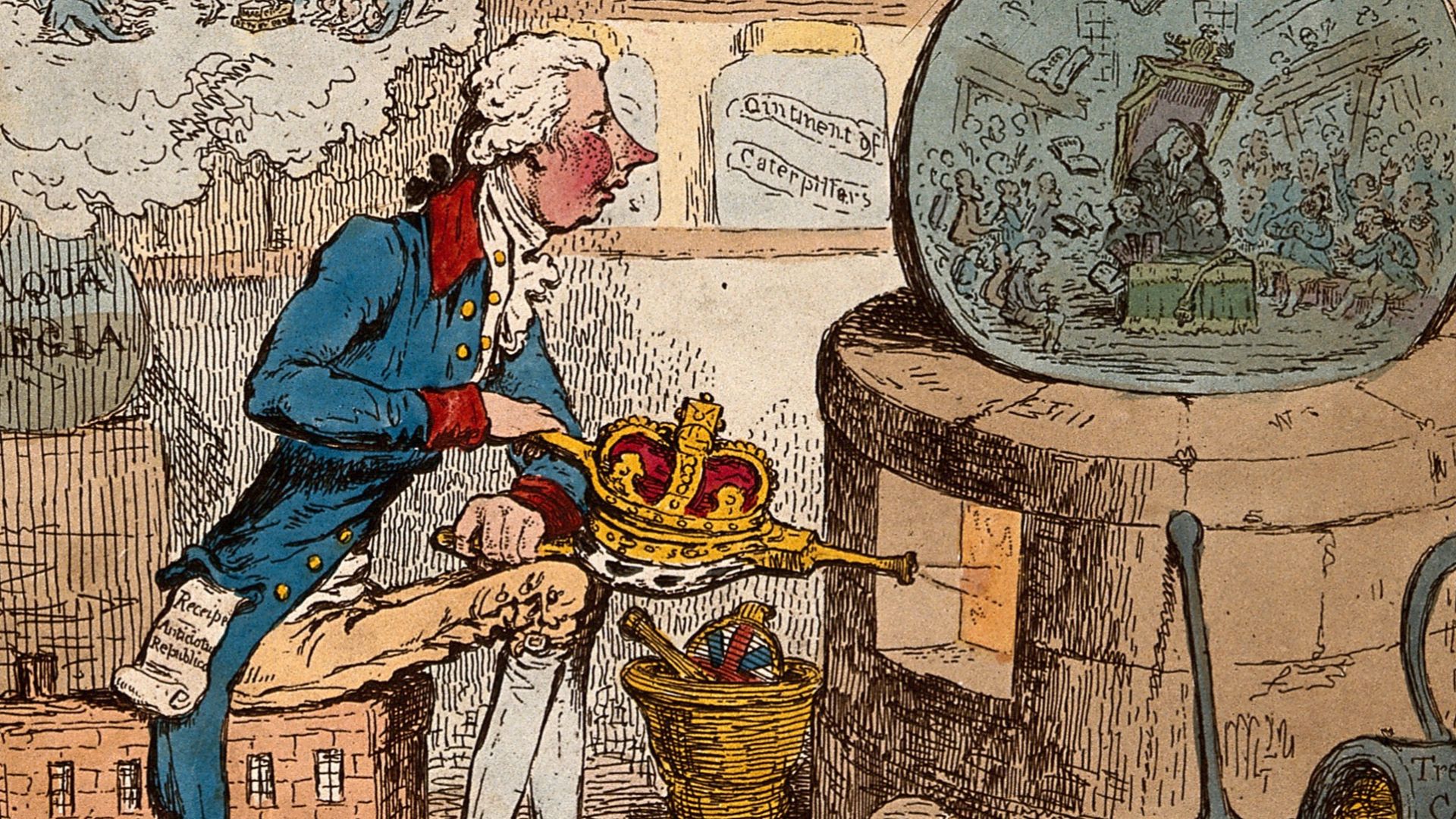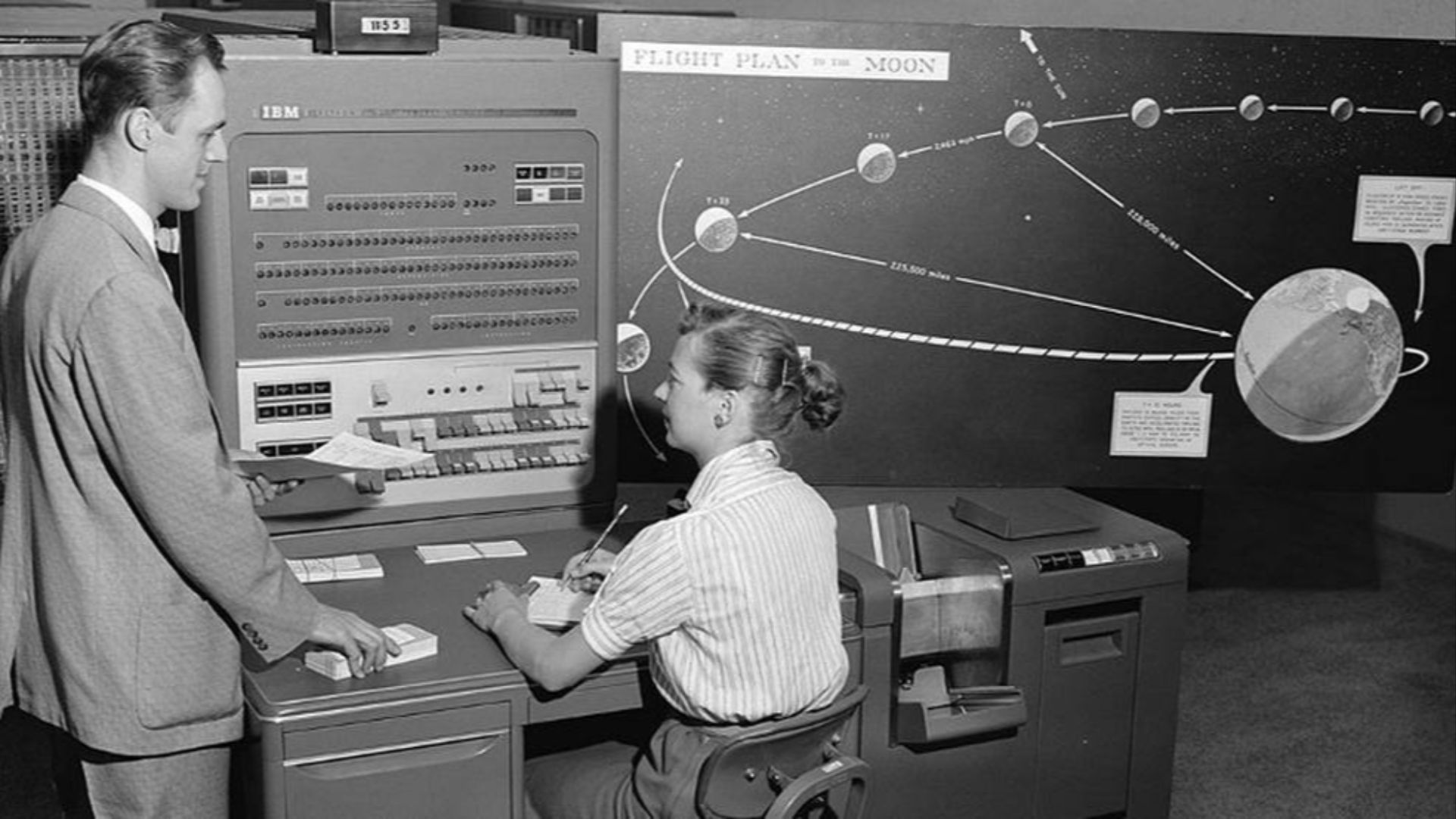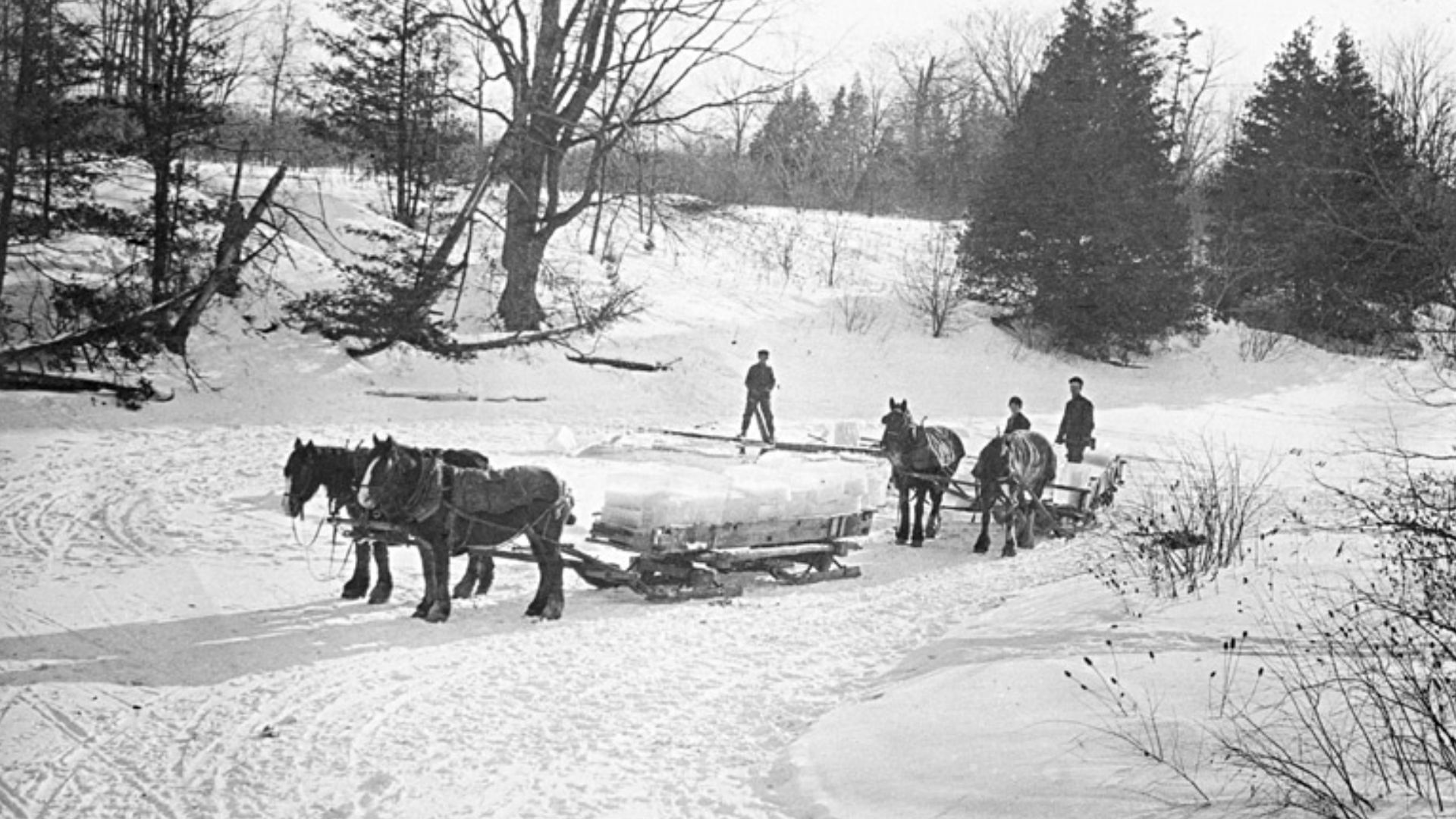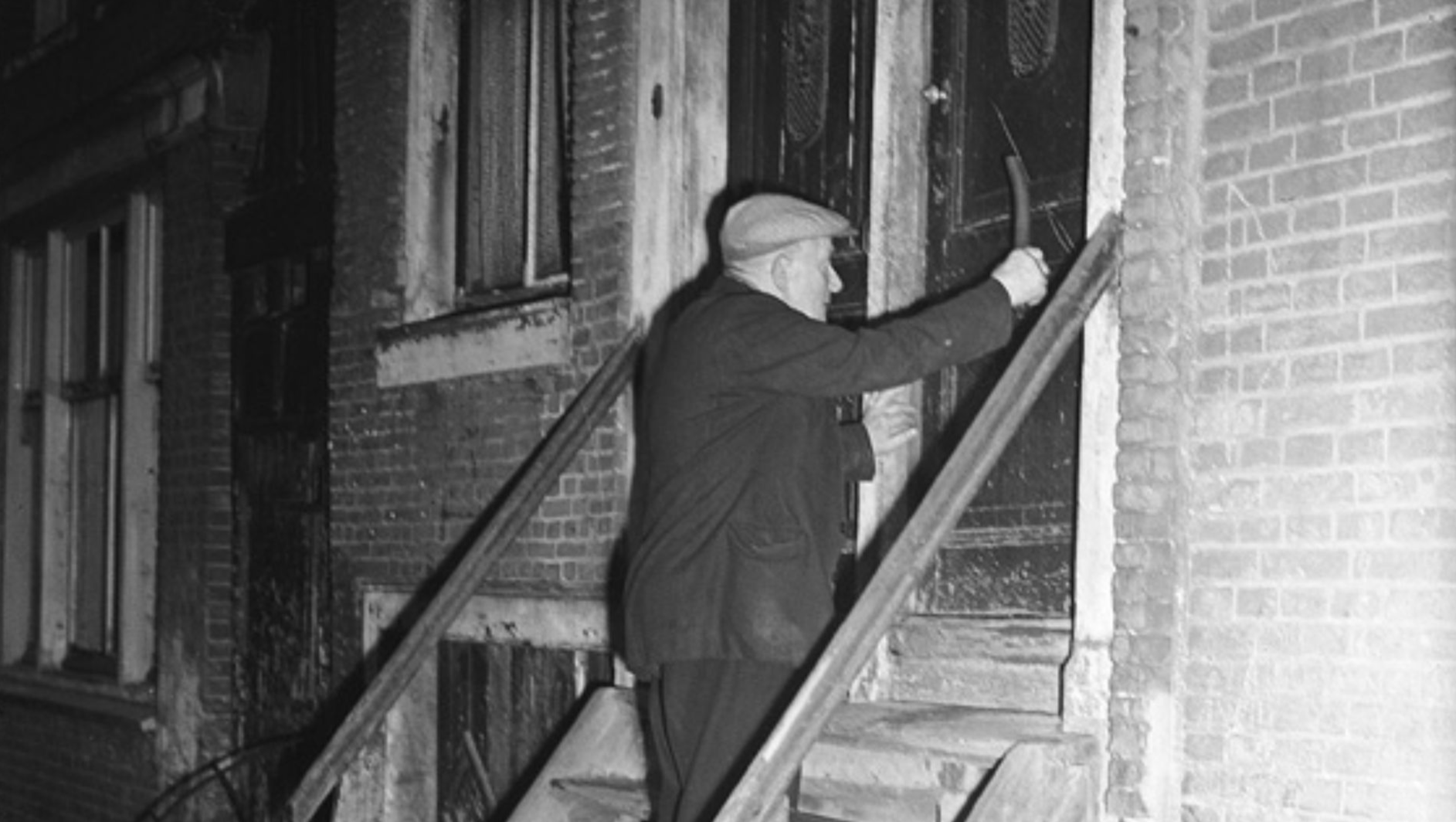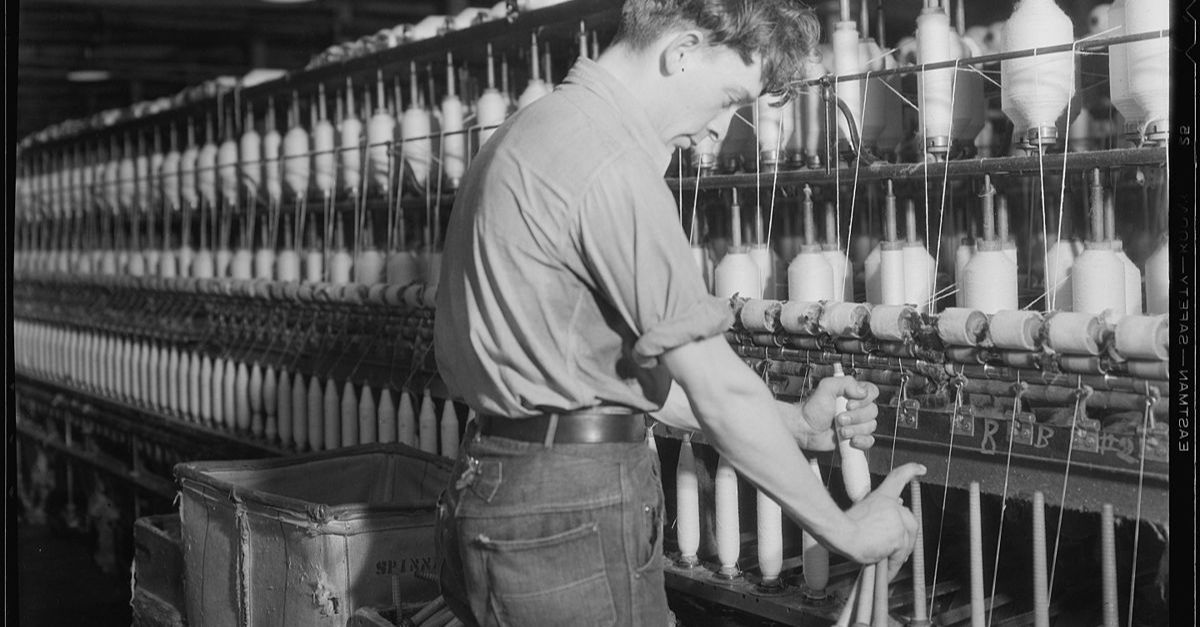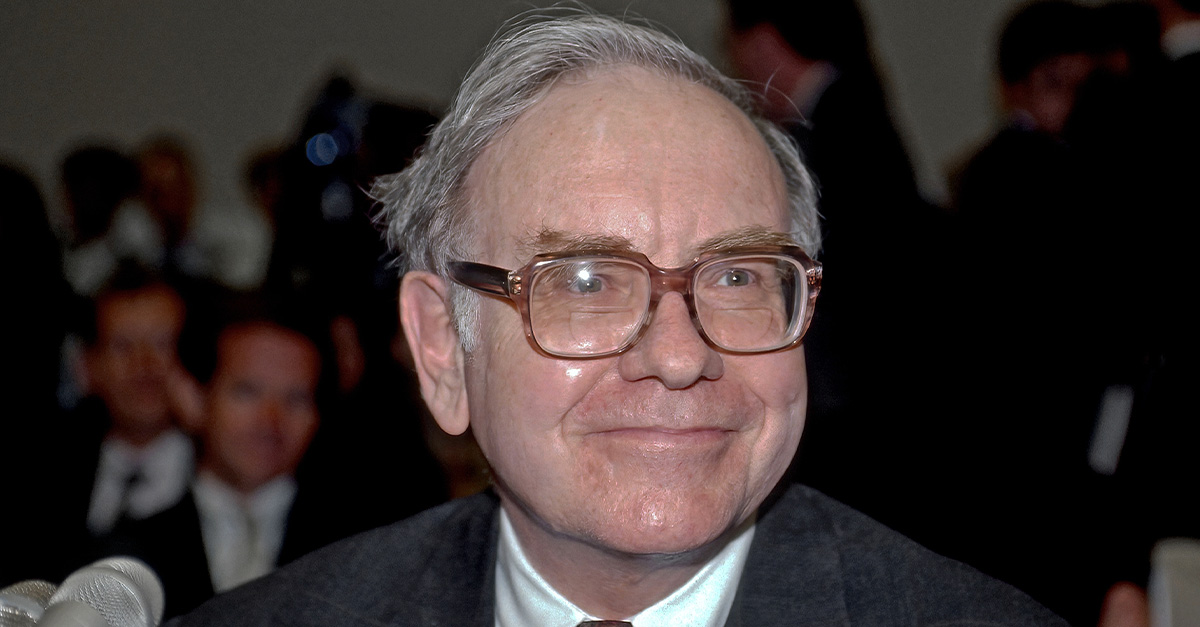Vanishing Professions That Slipped Away While We Watched
Once essential, now nearly invisible, some jobs are fading without fanfare. Jobs that anchored offices and industries disappear quietly, one role at a time. Suddenly, you realize no one does them anymore

Switchboard Operators
Back in the day, someone had to connect your call using wires and switches. Today, your phone does all the work. The folks who ran the lines have quietly vanished, edged out by software that doesn't sleep or miss a ring.
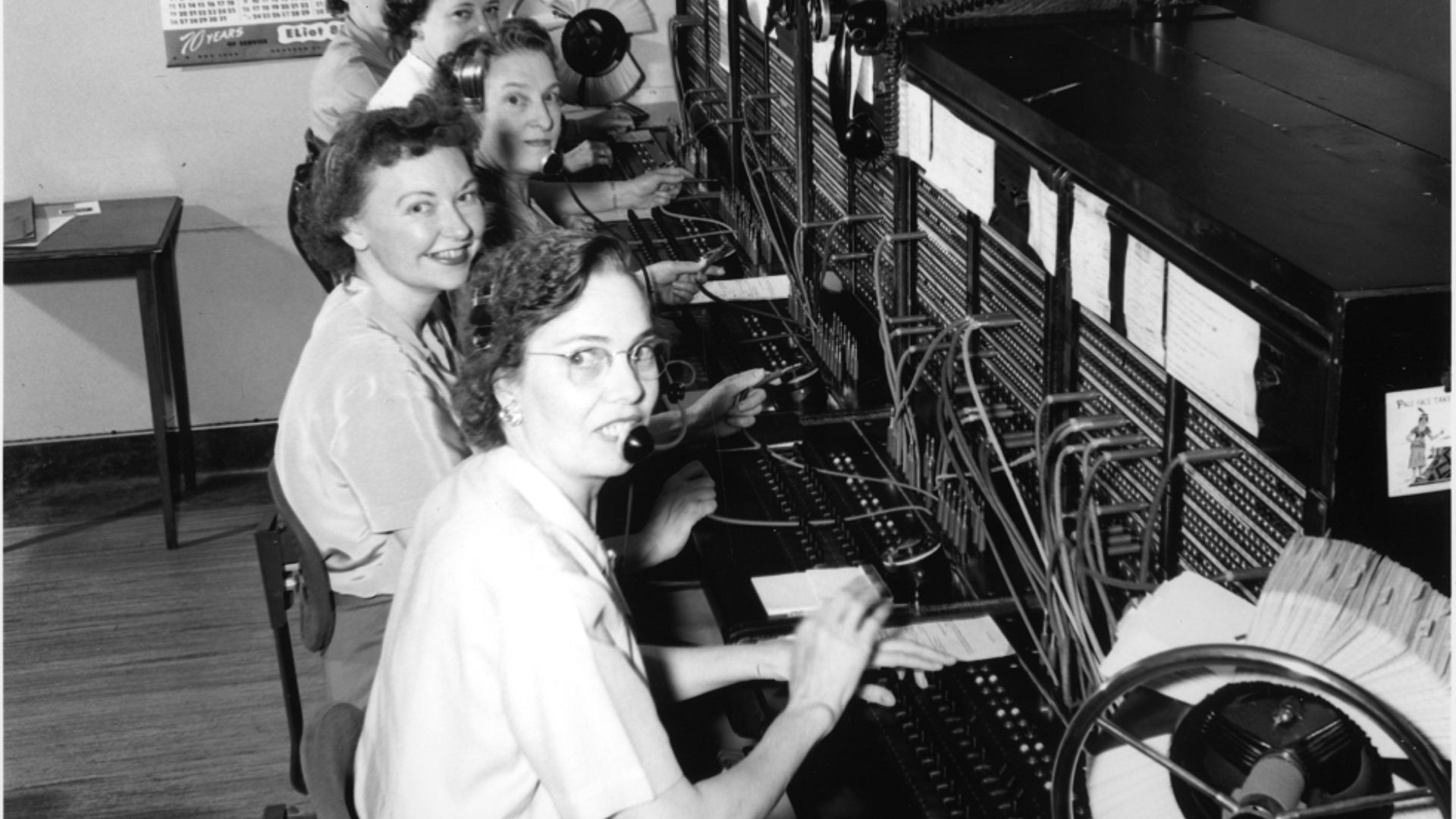 Seattle Municipal Archives from Seattle, WA, Wikimedia Commons
Seattle Municipal Archives from Seattle, WA, Wikimedia Commons
Travel Agents
Now, planning a trip is all about quick clicks and last-minute deals. Travel sites do the hunting and booking. But before this shift, there was someone who knew every route and workaround.The travel agents are now quietly slipping from the picture.
Typists And Word Processors
These roles were symbols of clerical precision but are nearly gone. Decades ago, offices were filled with typists hammering out letters and memos at warp speed. Now? Voice-to-text and autocorrect have made the dedicated typist almost a ghost in the workplace.
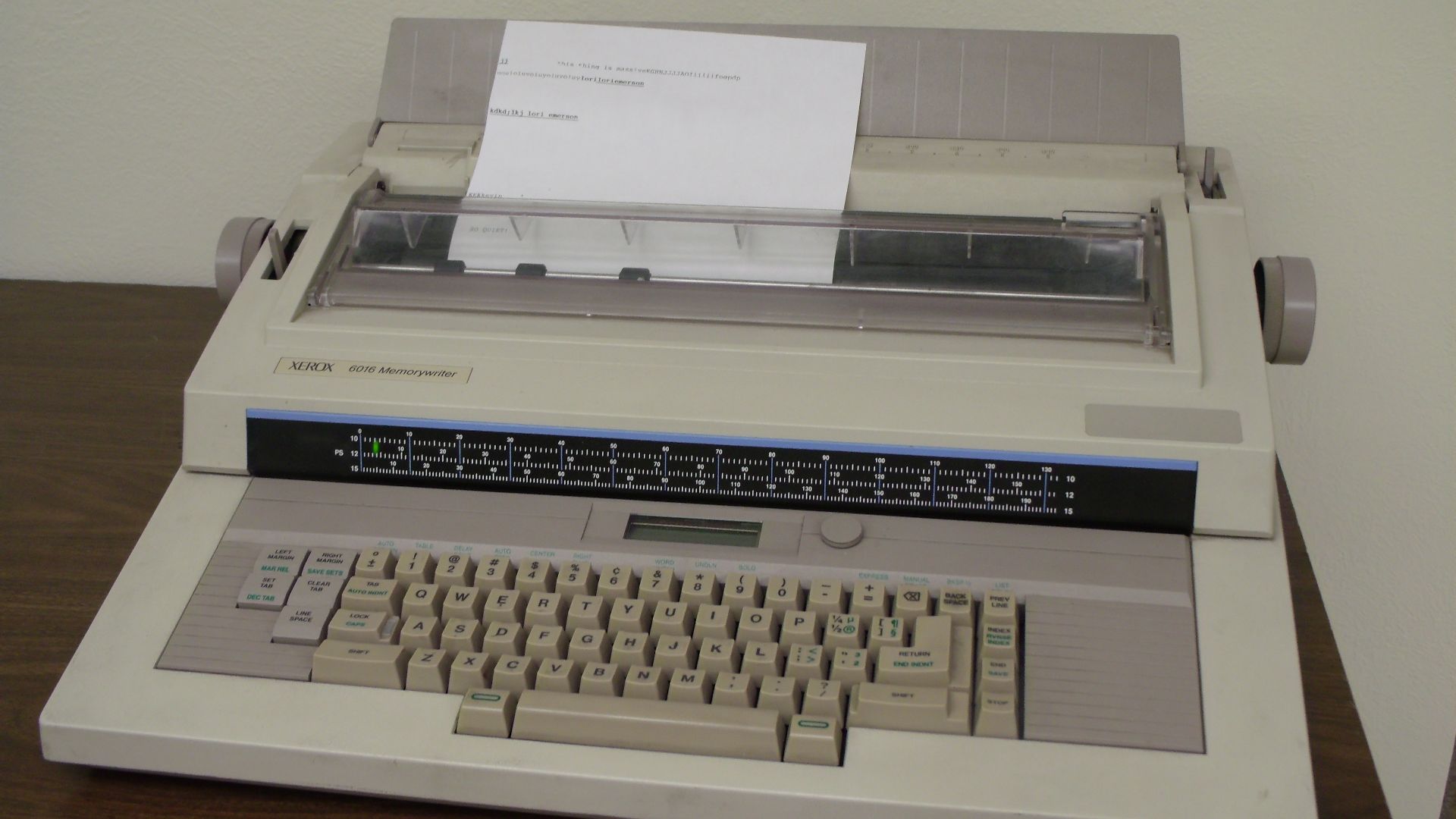 Sina-fallen-nephilim, Wikimedia Commons
Sina-fallen-nephilim, Wikimedia Commons
Meter Readers
Old-school meter reading and clipping through backyards by means of a clipboard is nearly gone. Smart meters now transmit usage automatically. Human readers? Fewer by the year, displaced by silent sensors and satellite connections.
Film Projectionists
Today’s projectors run with barely any fuss. Press a button, and the show begins. But not long ago, someone stood behind the scenes to adjust the focus and time of each switch. Those skilled hands are now replaced by a quiet hum and a blinking light.
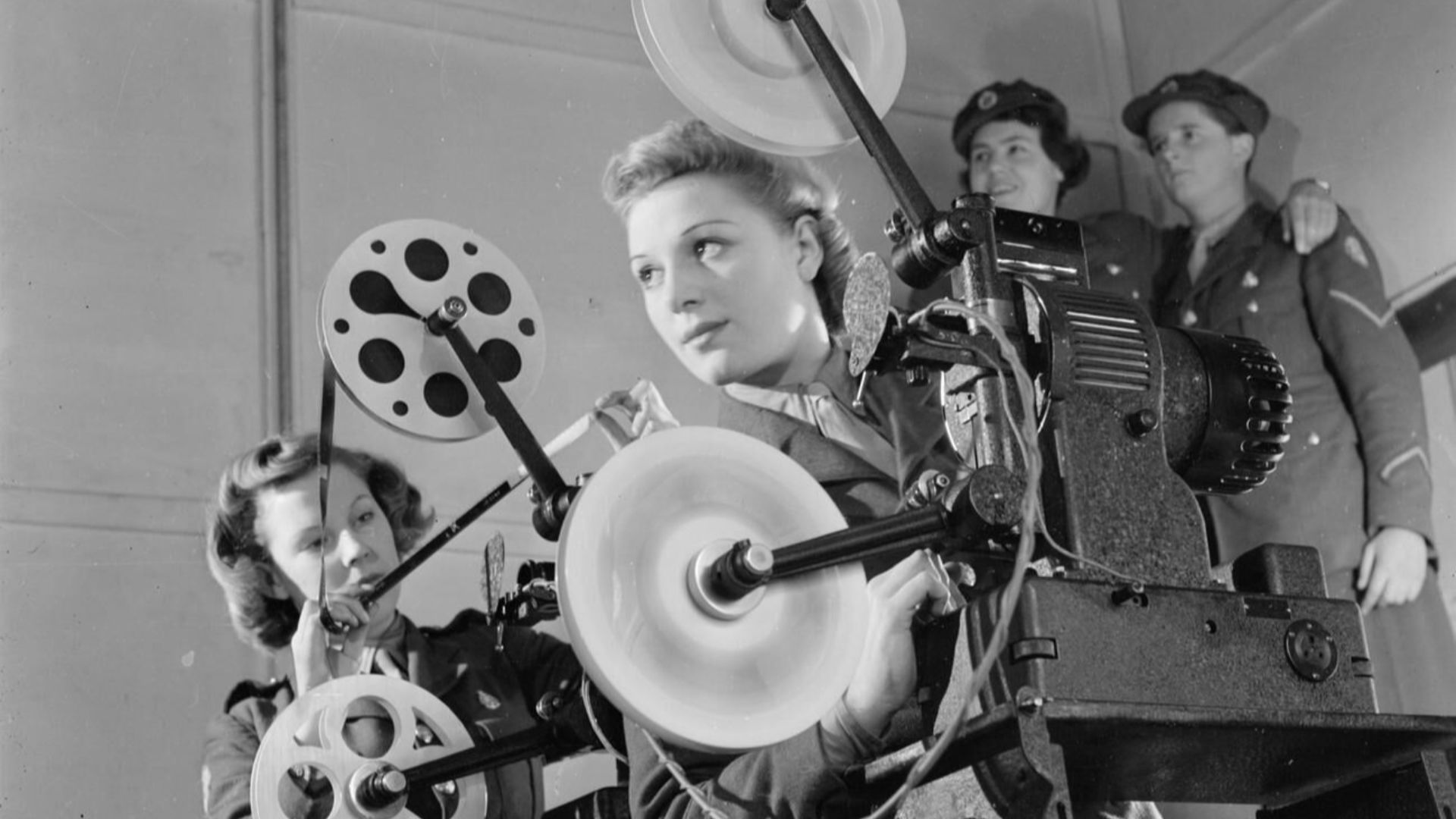 Ministry of Information Photo Division Photographer, Wikimedia Commons
Ministry of Information Photo Division Photographer, Wikimedia Commons
Postal Workers
Sorting centers are currently humming with machines. Delivery drones take test flights, and kiosks pop up where counters once stood. As email keeps people clicking instead of mailing, fewer hands sort and deliver. Traditional postal work is still around but barely holding on.
Textile Machine Operators
Fewer factories now need the steady hands that ran rows of textile machines in the past. Efficiency tech has taken over, and much of the work has shifted overseas. What used to be a stable job path is slowly unraveling, thread by thread
 Museokeskus Vapriikki, CC BY 2.0, Wikimedia Commons
Museokeskus Vapriikki, CC BY 2.0, Wikimedia Commons
Scribes
The scribe’s quiet influence slipped into the margins of history when machines started to write faster. Copying texts like scrolls and legal records took intense focus and skill. Before word processors and printing presses, scribes were the keepers and creators of the written word.
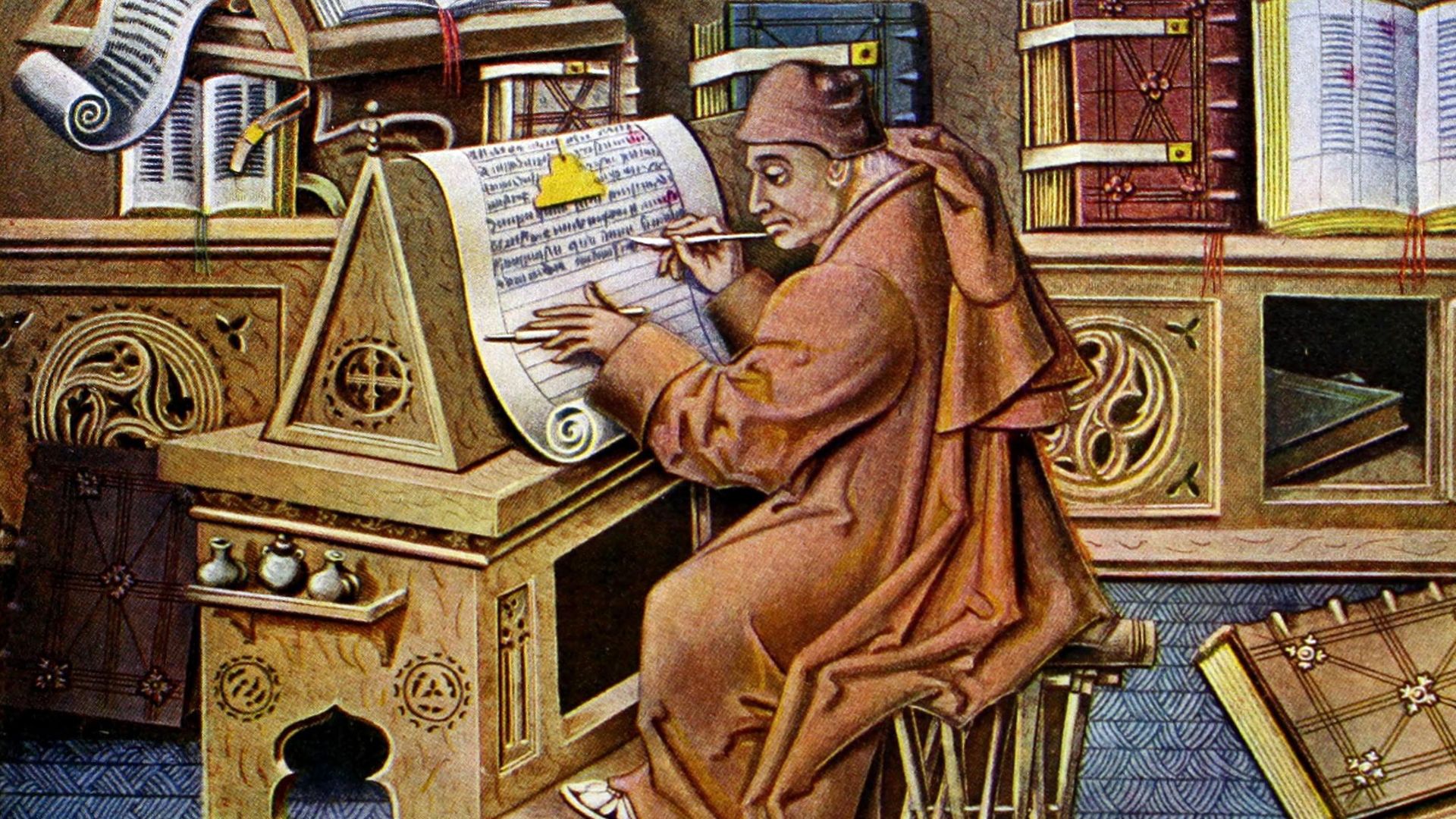 Jean Le Tavernier, Wikimedia Commons
Jean Le Tavernier, Wikimedia Commons
Photo Processors
Smartphone filters are the new darkroom, and they don't require lab tech. Developing film by hand is now more a pastime than a paycheck. Not long ago, photo counters lit up malls and pharmacies. Now? Most are long gone, boxed up with the negatives.
Newspaper Delivery
As more readers get glued to screens, those early-morning paper tosses are fewer by the day. Bikes and folded headlines are part of a scene slipping away. Sunrise meant delivery runs. It's primarily pixels, not pages, doing the morning shift.
Bookbinders And Finishers
You’ll still find bookbinding today, but mostly in tiny studios that restore old volumes or handcraft rare editions. It wasn’t always this way. There was a time when pressrooms ran nonstop, and bookbinders kept things stitched and sturdy. Now, digital pages turn faster than anything bound by hand.
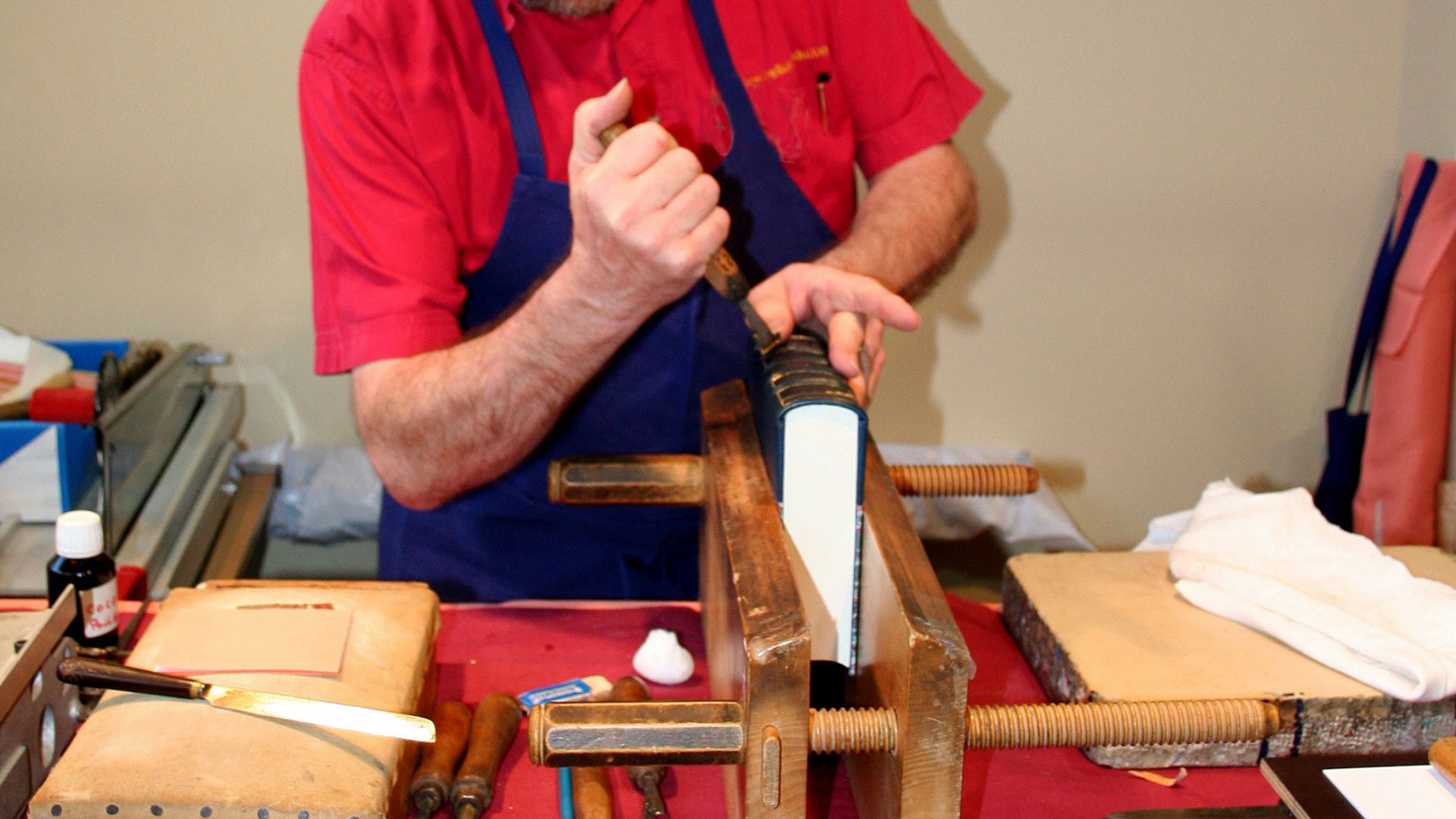 Jean-Pol GRANDMONT, Wikimedia Commons
Jean-Pol GRANDMONT, Wikimedia Commons
Slubber Doffers
As textile mills modernized and eventually shut down, this once-essential job disappeared entirely. Slubber doffers kept the spinning frames moving by quickly removing empty bobbins. This fast, repetitive work kept the whole process from stalling. When the machines changed, their role vanished with them.
Shoe Repairers
Shoe repair shops used to be part of every town's rhythm, where soles were hammered back into shape and worn leather revived. These days, most shoes are cheaper to toss than fix. A few cobblers still cling to their craft, but foot traffic isn't what it used to be.
Hand Sewers
Hand sewing is currently used mainly in high-end fashion and delicate repairs. The rest of the work is moved offshore and handled by machines and massive factories. You don’t often spot skilled sewers anymore, as they’re hidden behind layers of global production.
Data Entry Clerks
Back then, entire jobs revolved around typing numbers into spreadsheets, keystroke after keystroke. Today, software applications do it all in seconds. Tools scan and store data with barely a click, which makes the data clerk a quiet casualty of automation.
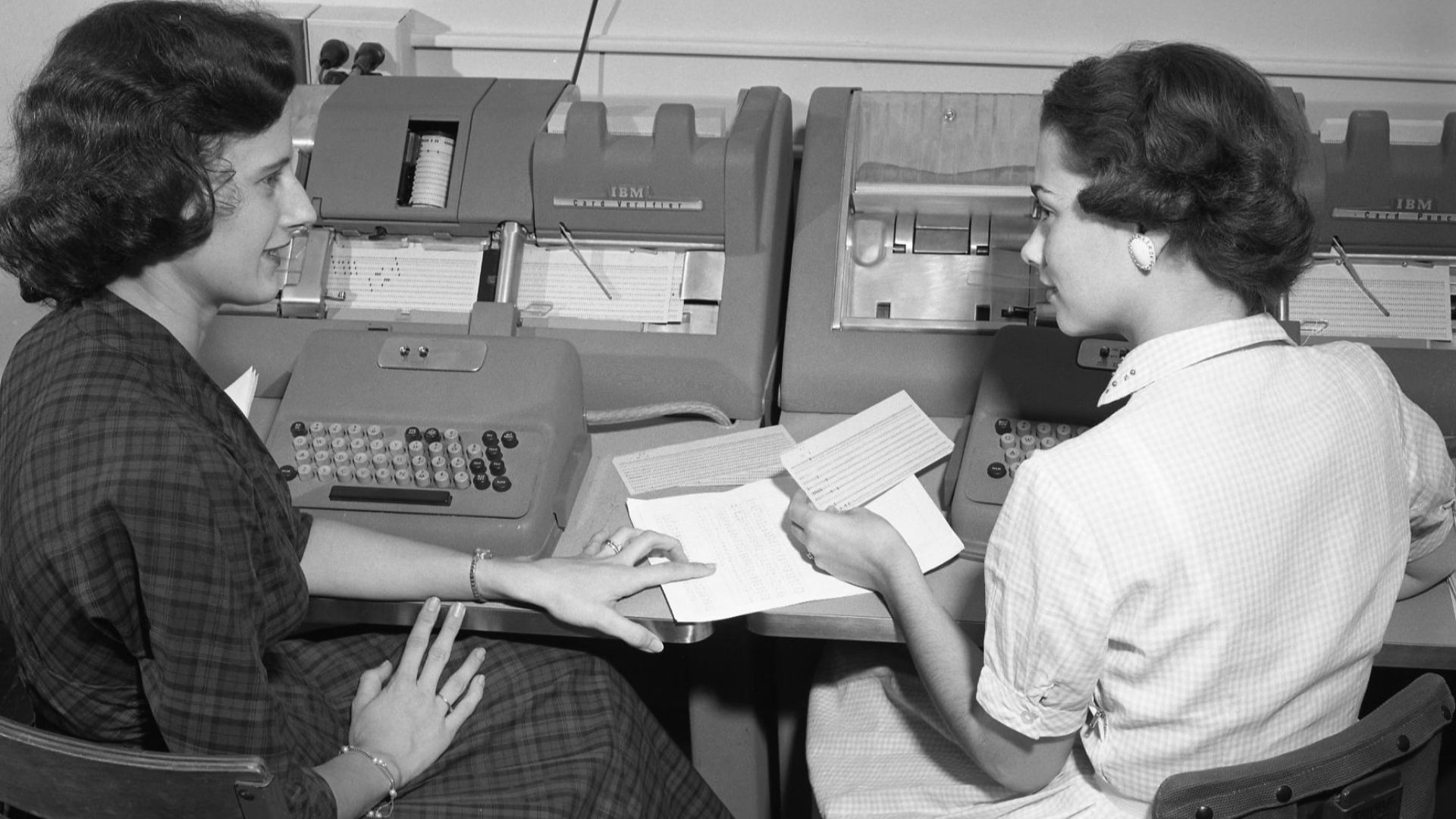 Cushing Memorial Library and Archives, Texas A&M, Wikimedia Commons
Cushing Memorial Library and Archives, Texas A&M, Wikimedia Commons
Library Technicians
At a time, these roles kept everything from card catalogs to microfiche in perfect order. Most resources are digital today, and users search solo. Technicians still exist, but their desks are quieter, featuring more screens and far less paper to shuffle.
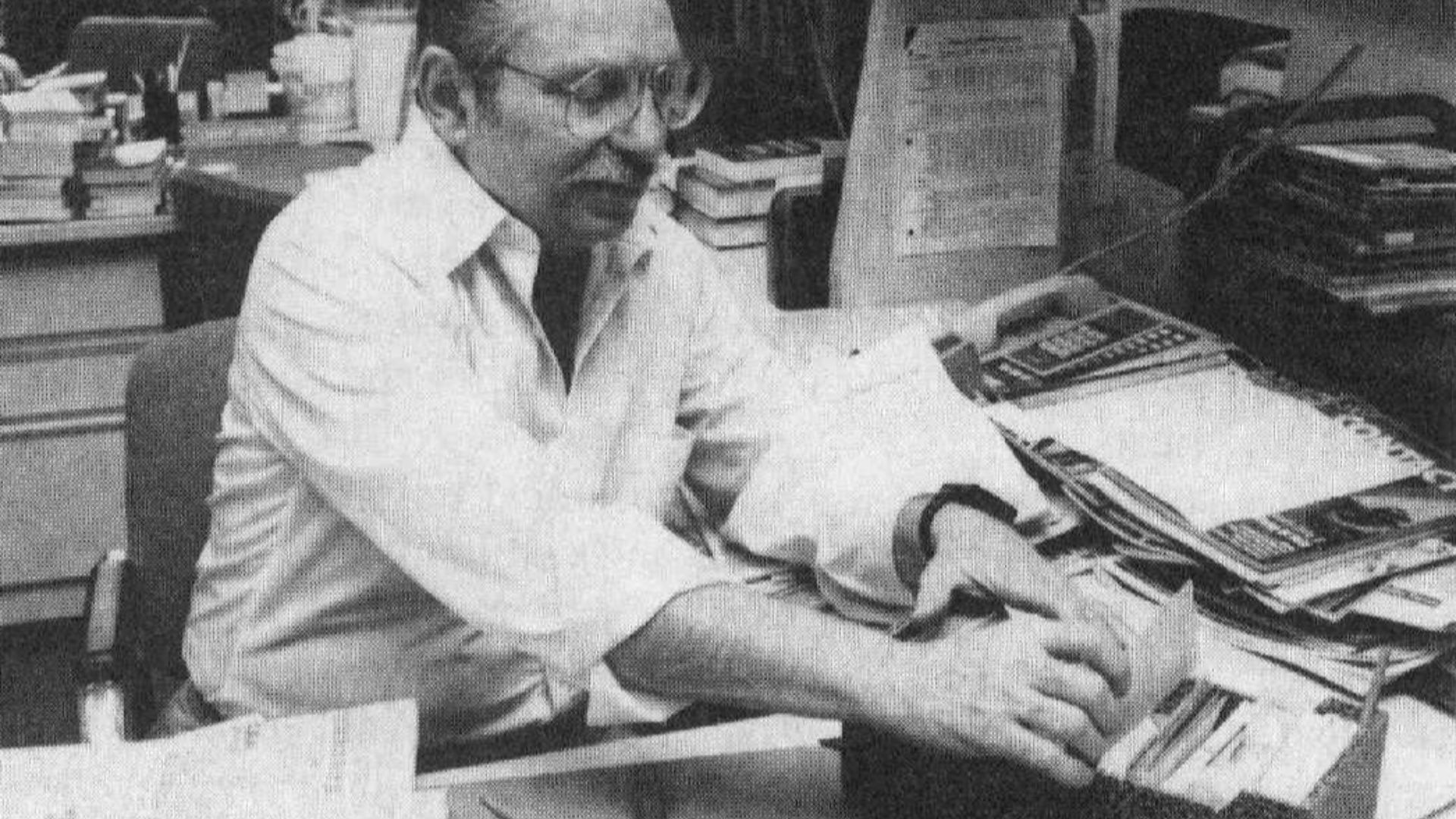 Bureau of Labor Statistics, Wikimedia Commons
Bureau of Labor Statistics, Wikimedia Commons
Cashiers
Small talk at the register used to be part of the routine; now, it's just a beep. Automation doesn't ask about your day or make changes while smiling. Self-checkouts keep spreading, and every new lane means one less cashier holding the line.
Parking Enforcement Workers
Sensors now snap plates and send out fines without anyone making rounds on foot. Parking enforcement isn’t gone, but the daily meter-checking hustle has changed. The blinking red light still shows up, but the people behind it are becoming harder to spot.
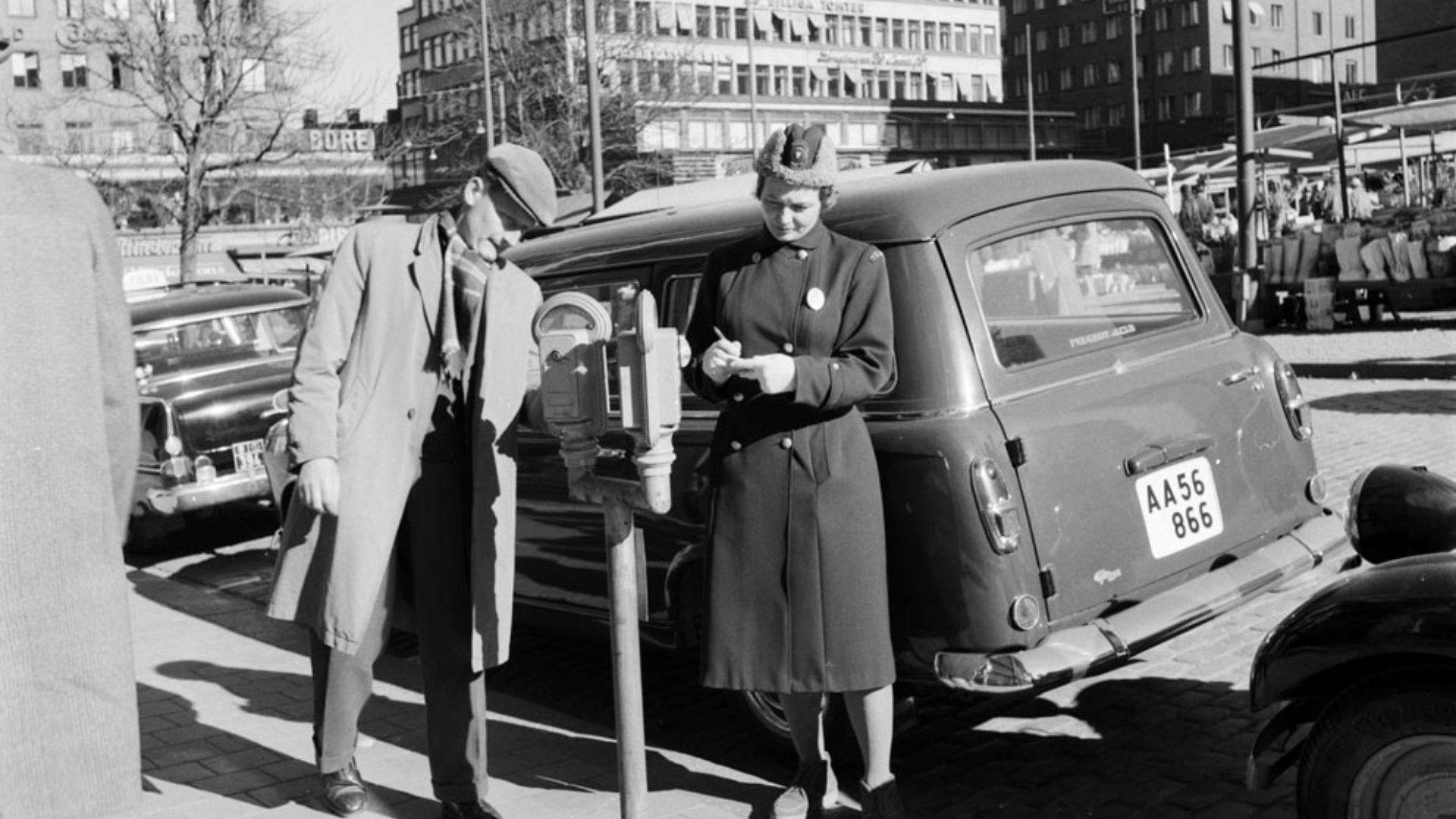 tockholm Transport Museum, Wikimedia Commons
tockholm Transport Museum, Wikimedia Commons
Travel Companions
That friendly companion who doesn’t run out of stories? Not so easy to find anymore. Reviews, directions, and even city tours are now live on your phone. Travelers used to follow people, but now they follow blue dots and let the real companions quietly step out of frame.
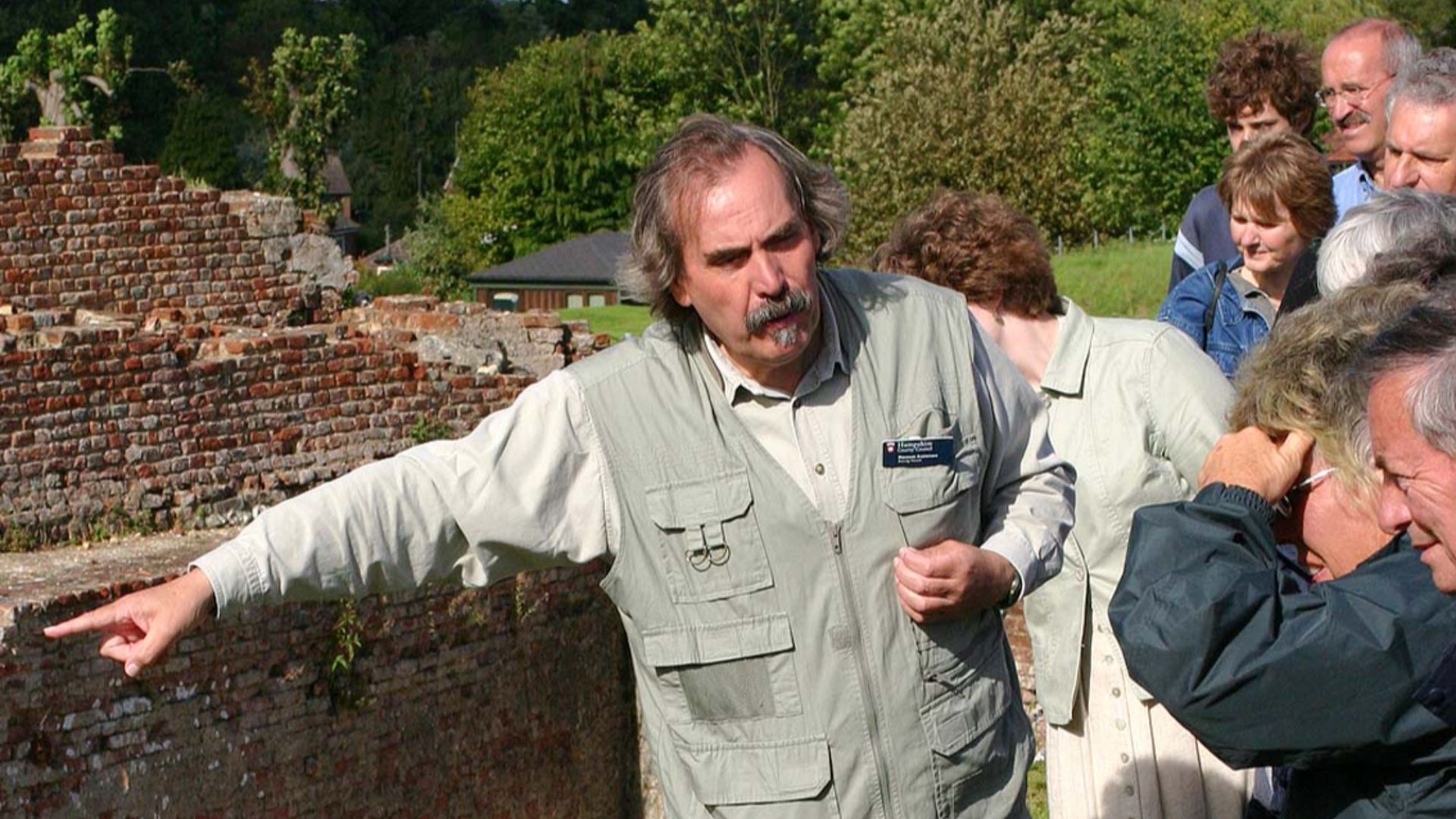 Si Griffiths, Wikimedia Commons
Si Griffiths, Wikimedia Commons
Video Store Clerks
Streaming has taken over, but before that, Friday nights meant rewinding tapes and chatting with your local movie guru. The clerk behind the counter had opinions and a familiar nod. That job is now just another name in the end credits.
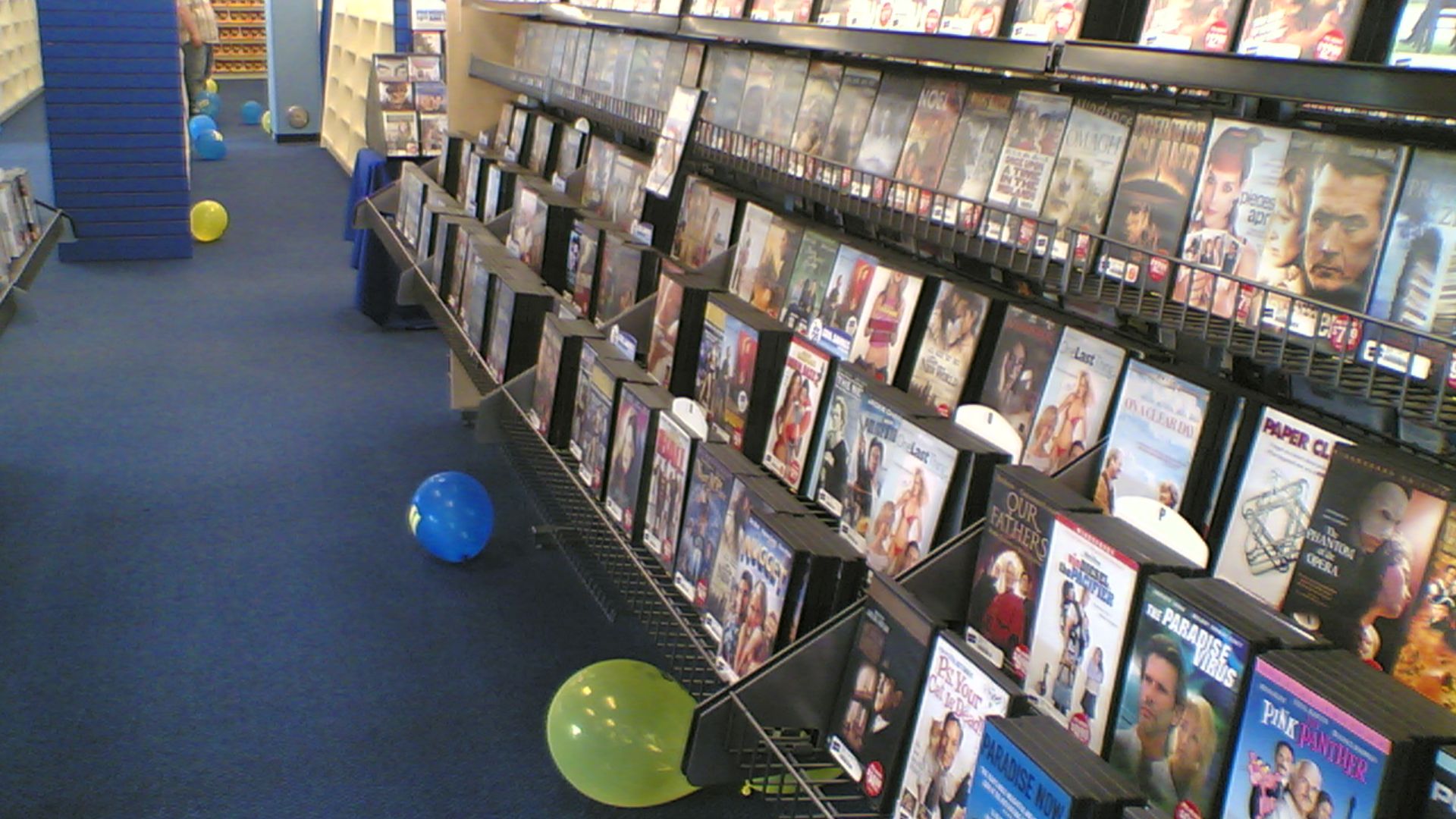 Tracy the astonishing, Wikimedia Commons
Tracy the astonishing, Wikimedia Commons
Carriage Makers
These craftspeople shaped wood and set wheels to build what moved the world before engines took the reins. As motor vehicles became the norm, carriage makers faced a tough choice of adapting to the new machines or watching their skills fade into history.
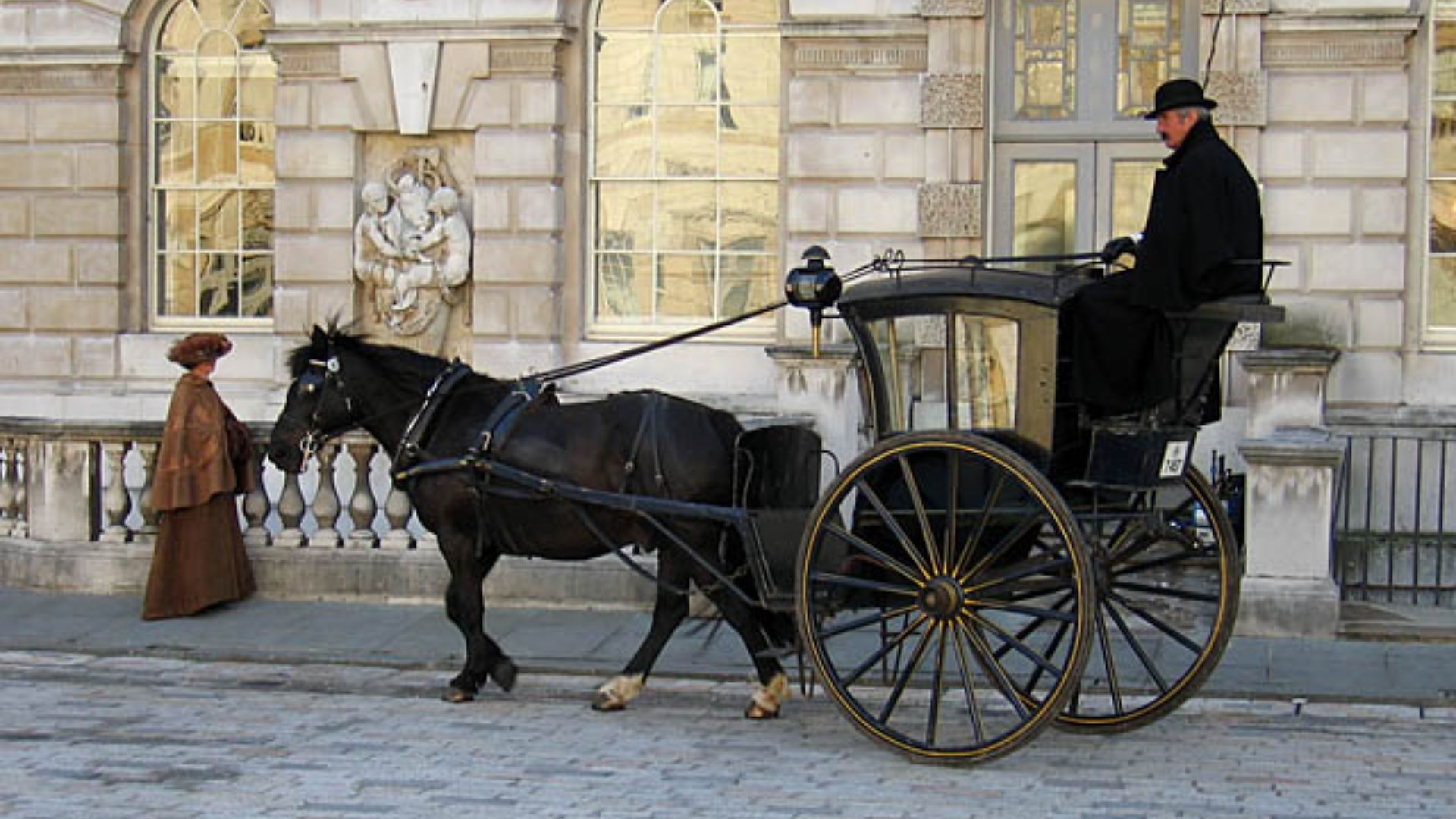 Andrew Dunn, Wikimedia Commons
Andrew Dunn, Wikimedia Commons
Door-To-Door Salespeople
People used to knock on your doorstep, pitch a product, or maybe even demo a blender. These days, most sales happen behind screens, not screen doors. That familiar knock still exists, but it's rare, and the suitcase now gathers dust.
Breaker Boys
Breaker boys, often just kids, sat over coal chutes to pick out slate by hand. They worked long hours in dust and noise. Labor laws and machines ended the job, but their toughness in harsh conditions left a lasting impression.
Print Journalists
Print journalists used to set the tone for each morning's news. Now, they're up against online deadlines and shrinking space. Articles vanish in a scroll, and jobs keep thinning out. The front page and the newsroom aren't what they used to be.
Radio Operators
Radio operators used to be the steady voice when things went wrong, the link between help and hope. These days, satellites and tech do most of the talking. A few still tune in, but it's a much quieter channel now.
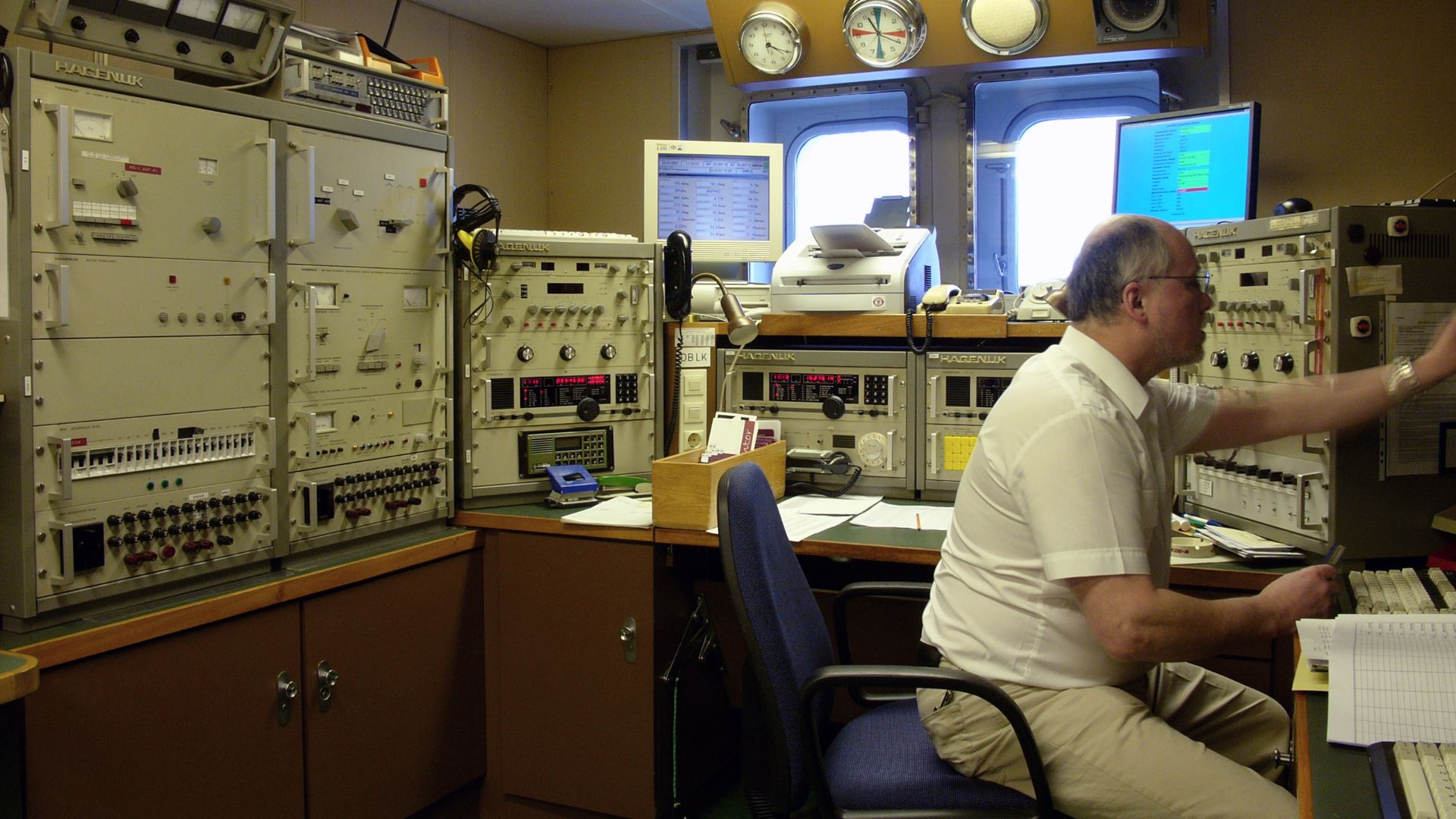 Hannes Grobe, Alfred Wegener Institute, Wikimedia Commons
Hannes Grobe, Alfred Wegener Institute, Wikimedia Commons
Film Developers
Turning negatives into prints was part chemistry and part craft. Film developers knew when to stop and which light mattered. Today, those skills live on in niche labs and side gigs, quietly hanging on behind the cloud’s glow.
Textile Bleaching And Dyeing Machine Operators
Big machines now handle the colors, but it wasn't always like that. Getting fabric just right took real skill and close attention. The work is still done nowadays, but most people who used to do it aren't there anymore.
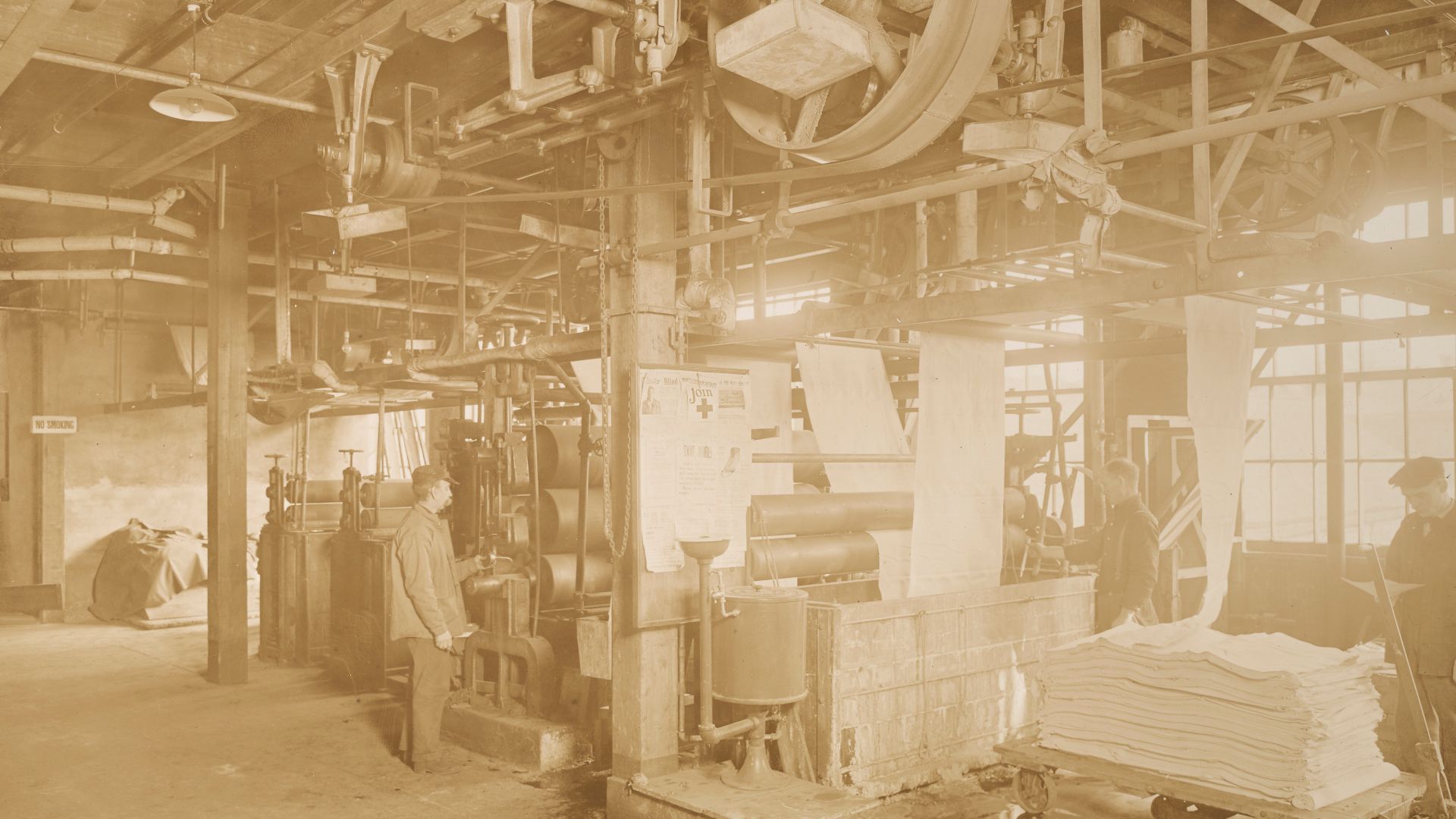 Unknown author or not provided, Wikimedia Commons
Unknown author or not provided, Wikimedia Commons
Prepress Technicians
Lining up images, checking spacing, adjusting layouts—that all used to be done by hand before anything went to print. Digital tools currently take care of it in seconds. Those doing the job are harder to spot.
 Offizin Andersen Nexo, Wikimedia Commons
Offizin Andersen Nexo, Wikimedia Commons
Signalmen
Railroads relied on signalers to lead trains safely back in the day. They operated levers and flags to prevent collisions. As automation took over rail systems, these important posts went dark. Today, most trains are remotely controlled, and the old signal boxes are empty.
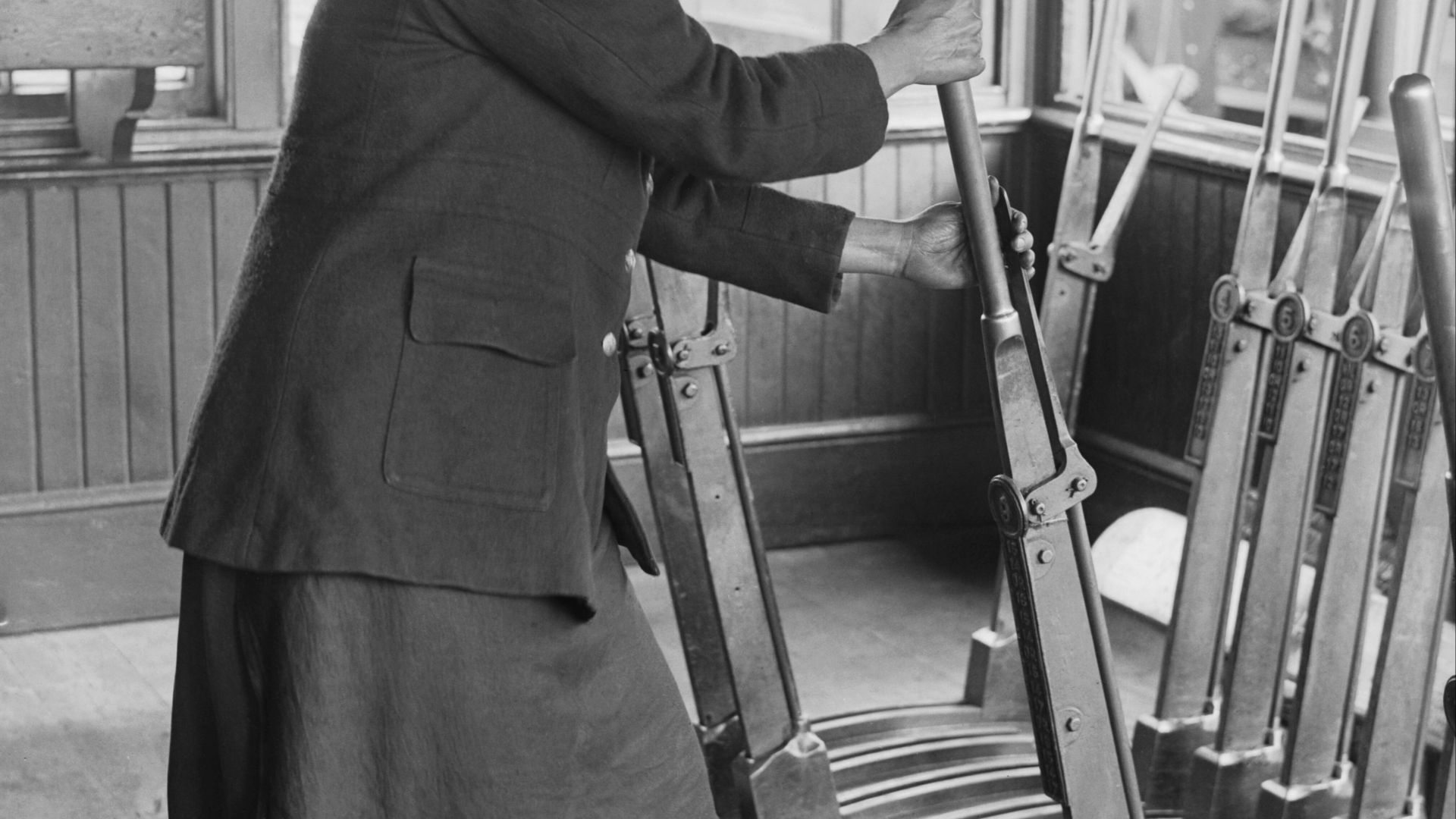 George P. Lewis, Wikimedia Commons
George P. Lewis, Wikimedia Commons
Bowling Pin Setters
Teens once ducked behind bowling lanes, rushing to reset scattered pins while dodging heavy strikes. It was fast and full of near-misses. Now? Machines easily line them up, and the pin-setting hustle lives only in old league stories.
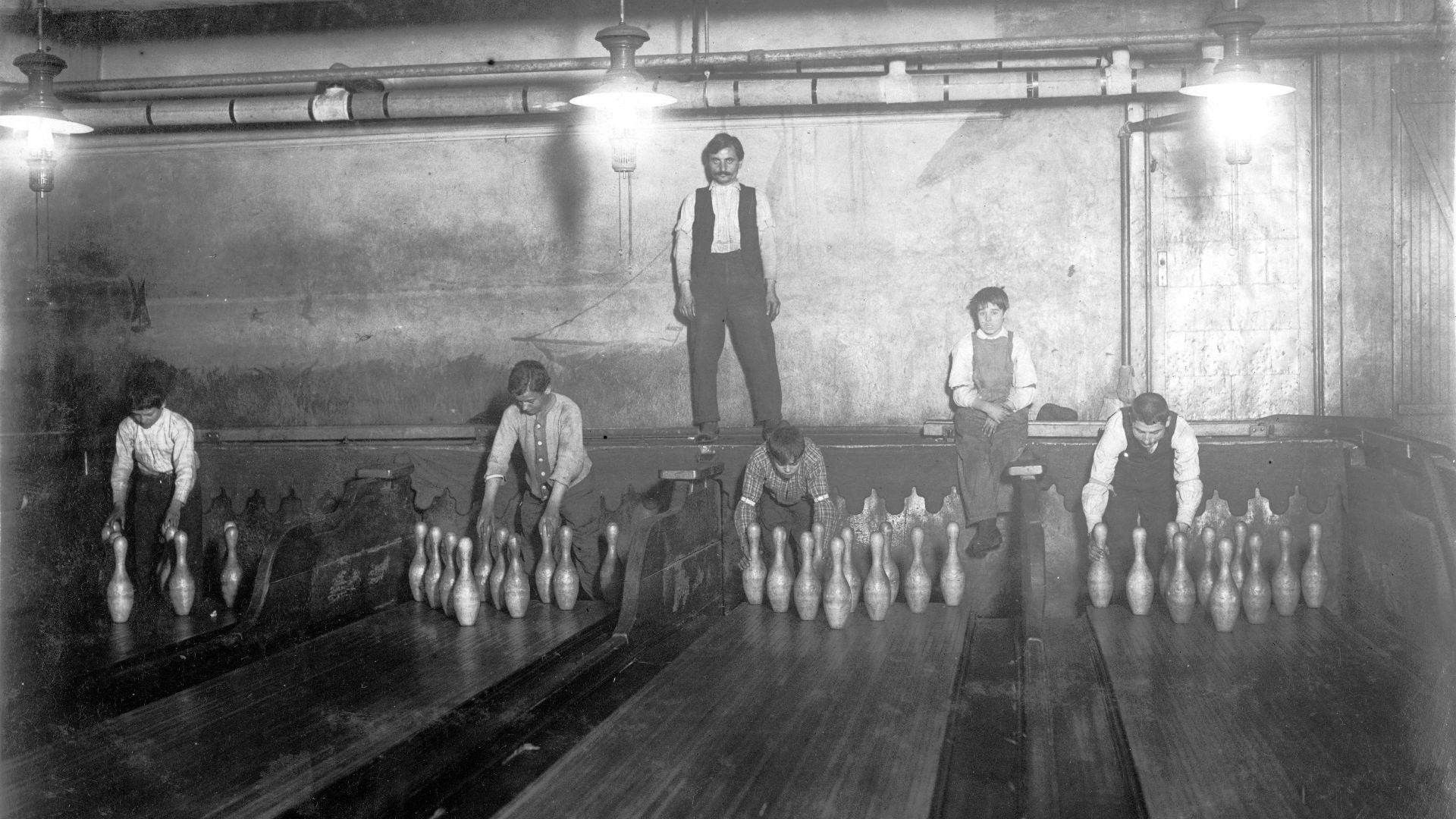 Lewis Wickes Hine, 1874-1940, photographer., Wikimedia Commons
Lewis Wickes Hine, 1874-1940, photographer., Wikimedia Commons
Stenographers (In Non-Court Settings)
Those were staples in newsrooms and corporate meetings. Stenographers typed as fast as people could speak. Audio recorders and transcription software dominate in modern times. Outside courtrooms, it’s a fading profession that used to be everywhere words flew fast.
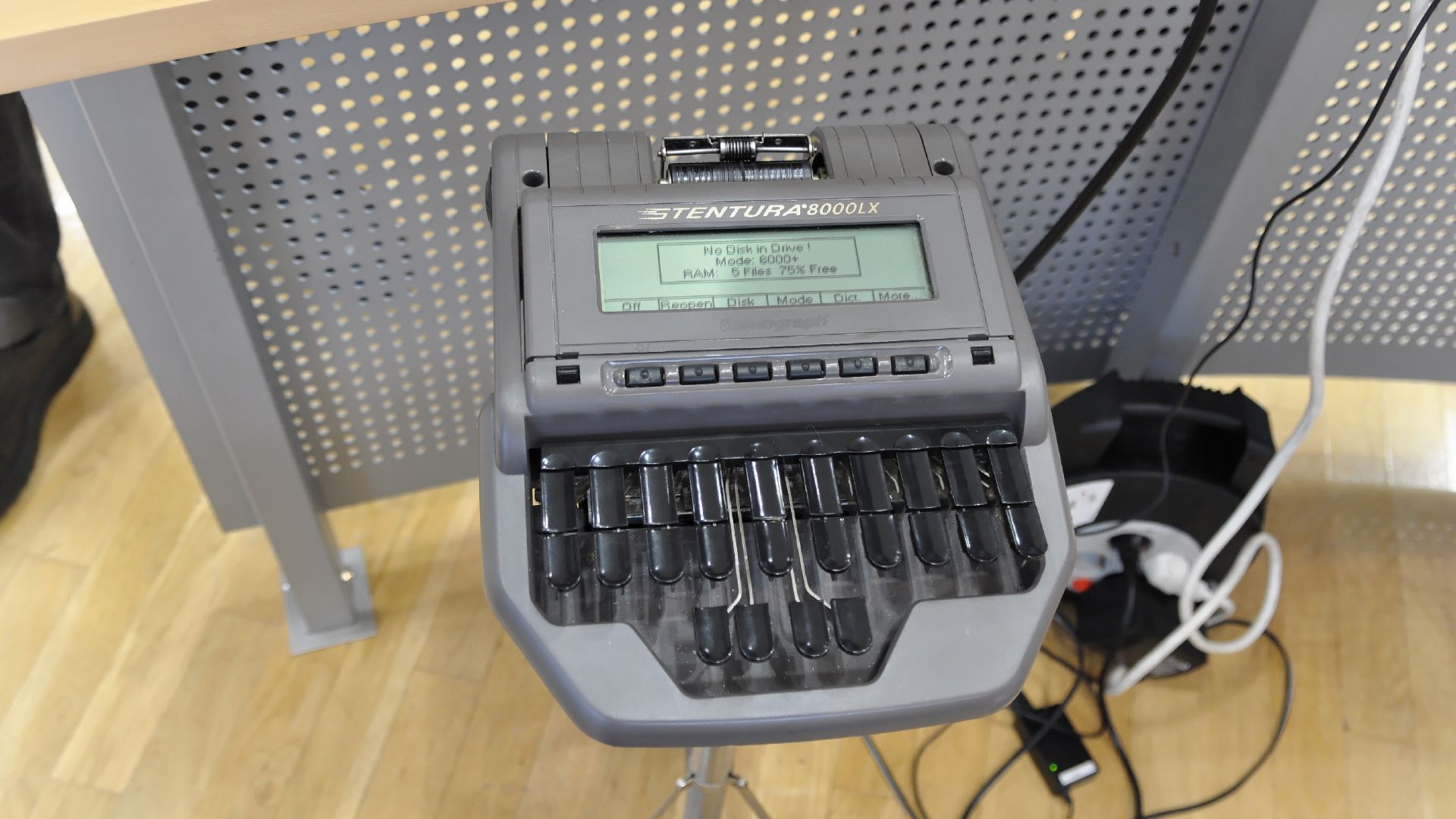 © Ra Boe / Wikipedia, Wikimedia Commons
© Ra Boe / Wikipedia, Wikimedia Commons
Patternmakers In Apparel
The sketches didn't become clothes independently; patternmakers figured it all out. They shaped and solved problems with every line. Today, design software handles most of it. The job still exists, but it's becoming less common on the fashion floor.
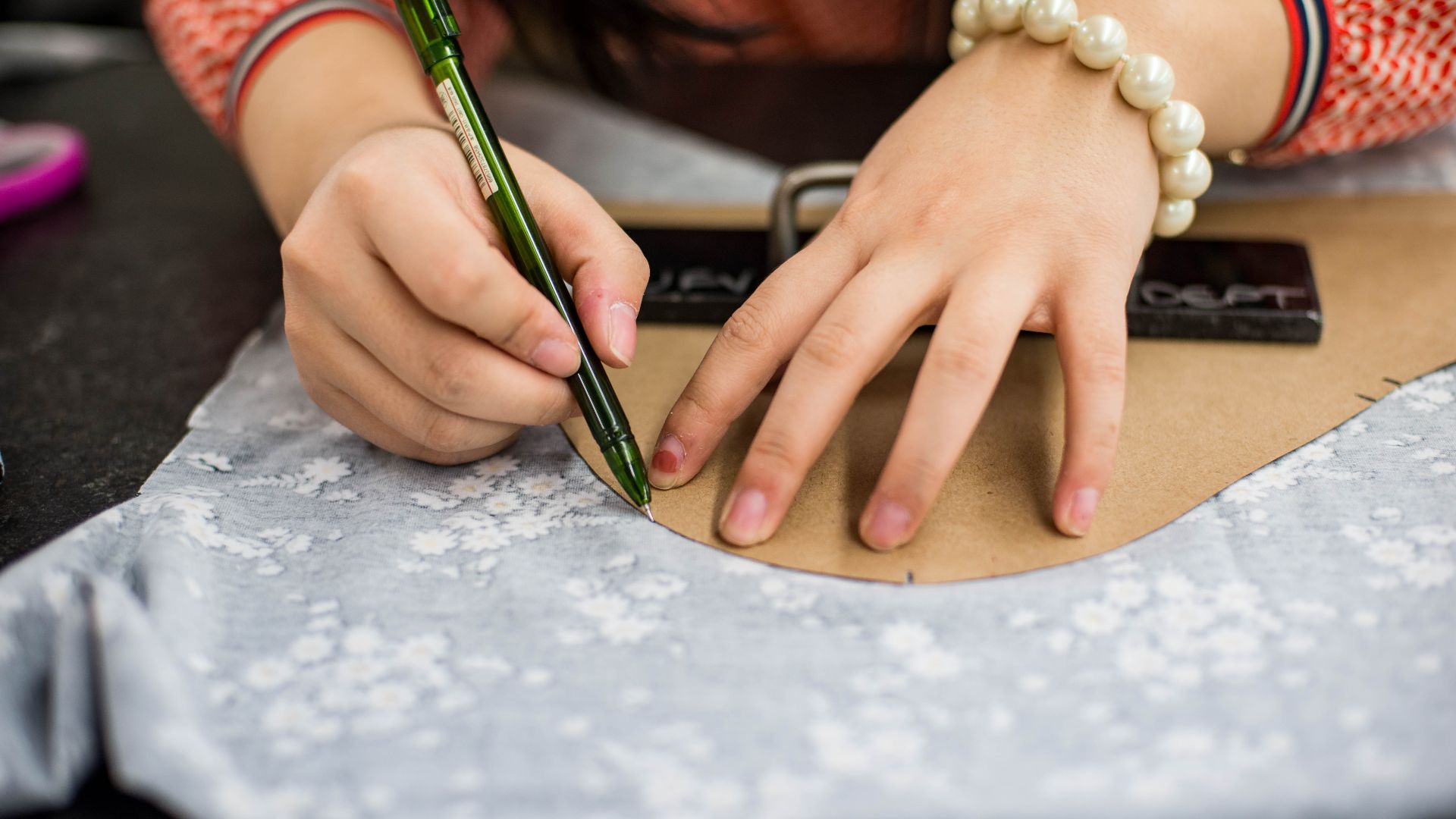 University of the Fraser Valley, Wikimedia Commons
University of the Fraser Valley, Wikimedia Commons
Elevator Operators
Elevator operators were familiar faces in department stores and office buildings, who added a human touch to a simple ride. But push-button controls replaced polite small talk. A few still exist in luxury or historic buildings, though mainly as a nod to nostalgia.
Hand Packers And Packagers
Packing used to be an assembly line of hands: tap, fold, tape, repeat. New machines do most of these tasks powered by sensors and speed. A few human packers still work behind the scenes, but the conveyor no longer waits for fingers.
Order Clerks
Order desks buzzed with phone calls and scribbled notes. Most of the work vanished behind checkout buttons and dropdown menus. A few clerks still handle niche tasks, but the rest? Quiet screens have taken their places.
Alchemists
Long before chemistry became a science, alchemists chased the dream of turning lead into gold and discovering the elixir of life. They mixed experimentation and mysticism by laying the groundwork for modern science. As real chemistry advanced, the alchemist’s role faded into legend.
Television Repairers
TV repairs required a visit from a pro, who carried a toolkit and a soldering iron. These days, most sets are scrapped instead of saved. Some shops still exist, but since prices are somehow low, people swap rather than fix.
Coin, Vending, And Amusement Machine Servicers
These days, vending machines run smoother, thanks to cards and apps doing the work. Services don’t visit as often, and jammed buttons are rare. Not long ago, though, they were always nearby, refilling snacks and fixing things before the next coin dropped.
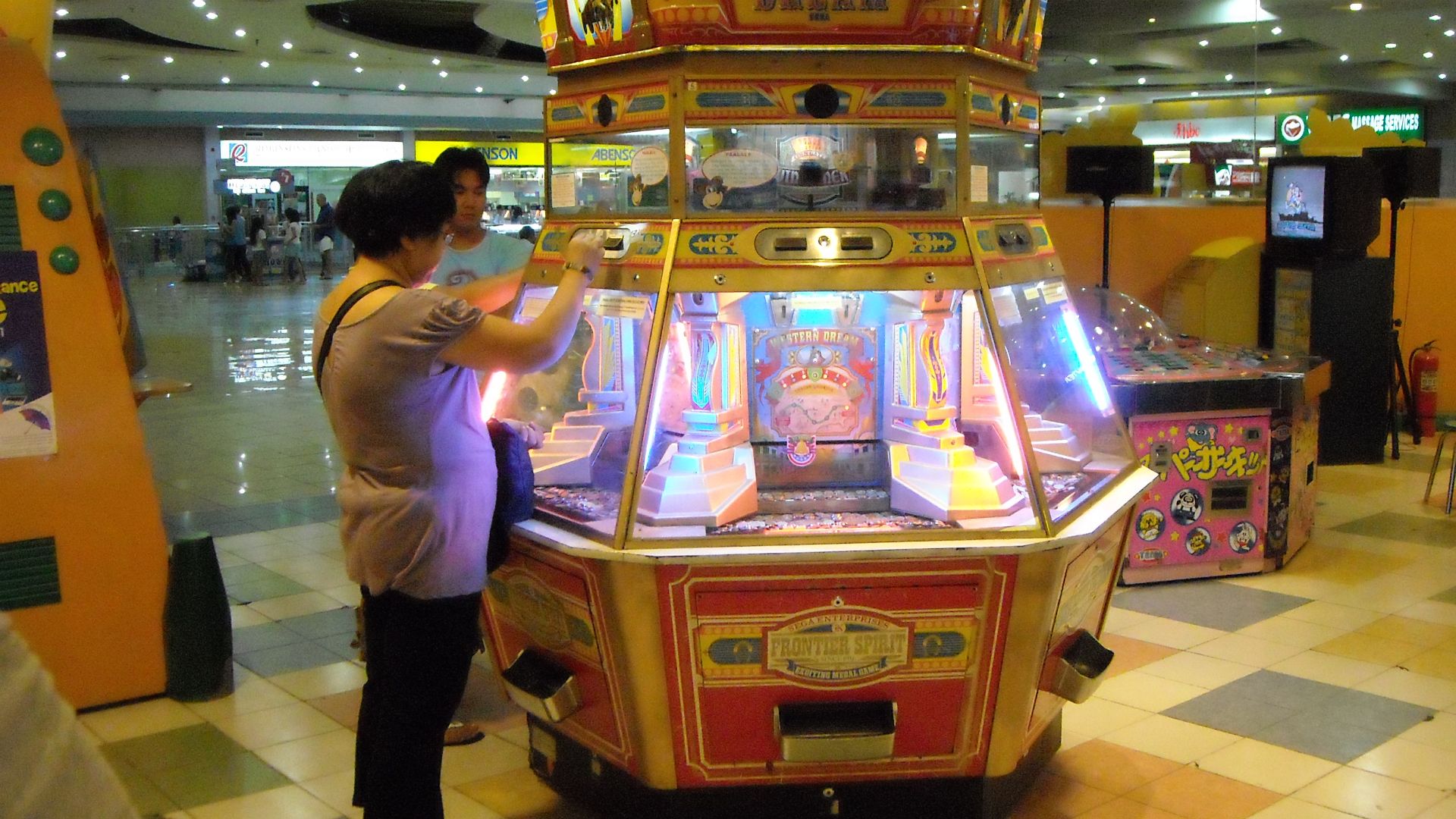 en:User:FoxLad, Wikimedia Commons
en:User:FoxLad, Wikimedia Commons
Broadcast Technicians
Broadcast booths used to buzz while tweaking voice levels and fixing glitches in real-time. Now, the software handles most of it, and remote teams do the rest. The lights still shine, but fewer people are standing behind the controls.
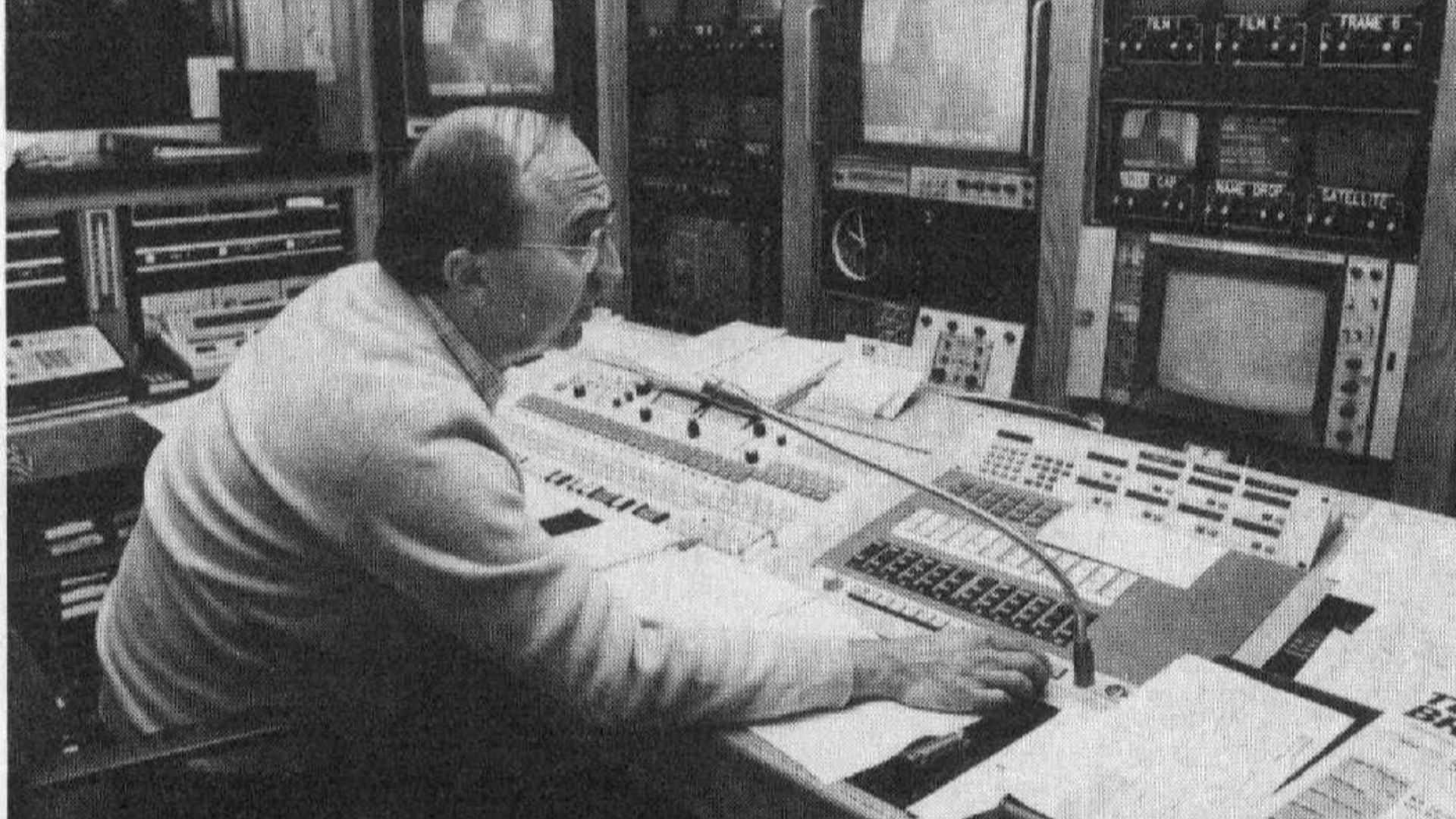 Bureau of Labor Statistics, Wikimedia Commons
Bureau of Labor Statistics, Wikimedia Commons
Human Computers
Their legacy still echoes in every equation solved by code. Human computers, primarily women, calculated everything by hand, from missile paths to planetary movements. It was demanding, meticulous work, now mostly forgotten as machines replaced them and silenced the role they played so precisely.
Lectors
What was common now survives mainly as a cultural memory. Lectors gave factory workers a voice to listen to amid the grind—stories and news read aloud as machines clanked. Their role faded as radios arrived and work environments changed.
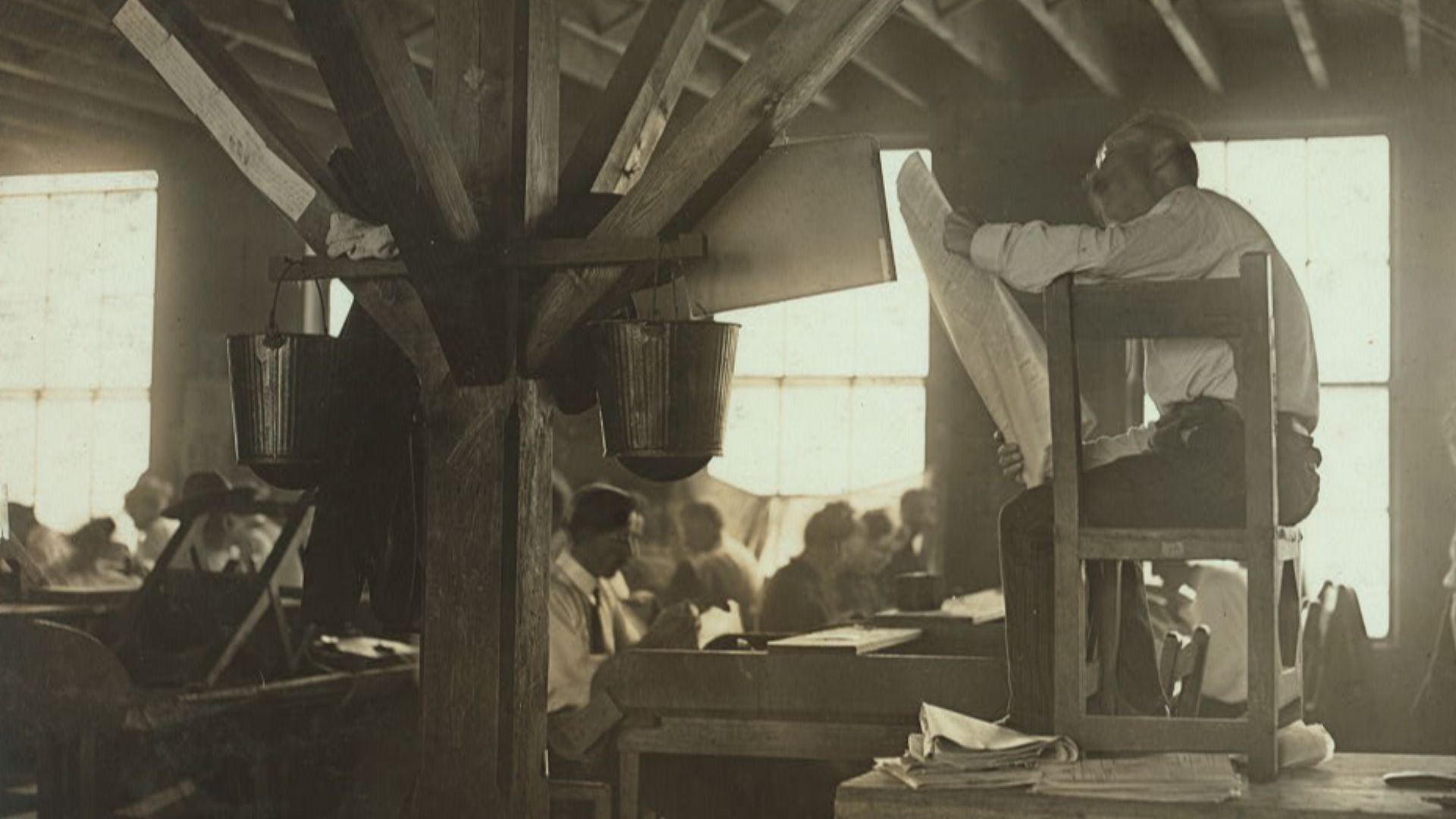 Lewis Wickes Hine, Wikimedia Commons
Lewis Wickes Hine, Wikimedia Commons
Aircraft Listeners
Before radar existed, detecting enemy aircraft meant relying on acoustic mirrors and oversized listening devices. Soldiers trained their ears and instincts to catch distant engine sounds, often making educated guesses. But when the radar took over, the role disappeared almost instantly, replaced by precision and speed.
 Unknown author, Wikimedia Commons
Unknown author, Wikimedia Commons
Ice Cutters
Keeping things cool meant cutting massive ice blocks from frozen lakes prior to inventing fridges. Workers hauled them into storage or onto delivery wagons bound for iceboxes. As mechanical cooling arrived, the frozen lakes stayed untouched, and the ice cutter’s job melted away.
Knocker-Uppers
Before alarms buzzed on nightstands, the first sound of the day came from a tap on your window. Knocker-uppers made their rounds before sunrise by waking workers with a stick or pebble. The arrival of mechanical clocks eventually brought those early footsteps to a stop.
Log Lift Operators
Rig by rig, log lift operators handled giant timber loads safely, thanks to their grit and skill. These days, machines do much of the lifting. Some still hop into the cab, but fewer names fill the schedule than they used to.




